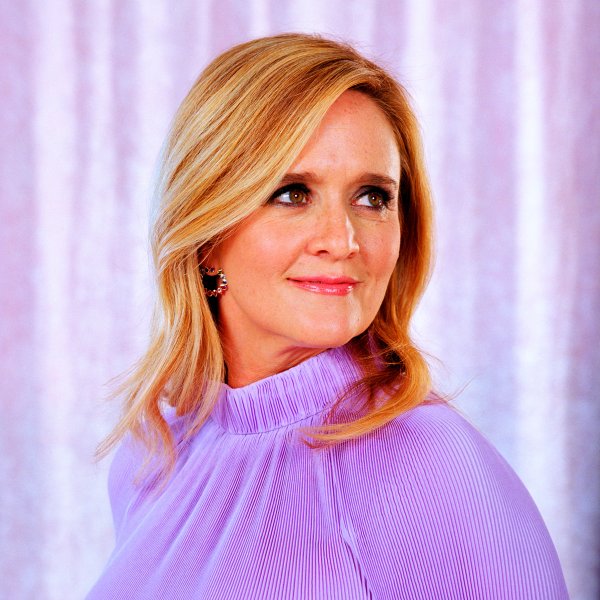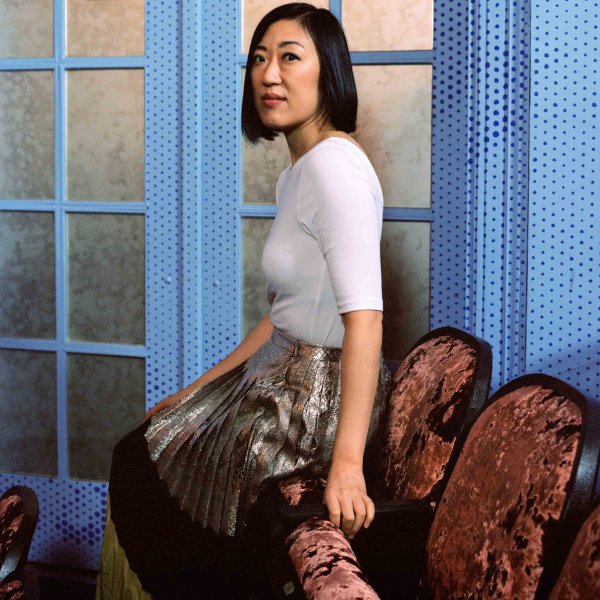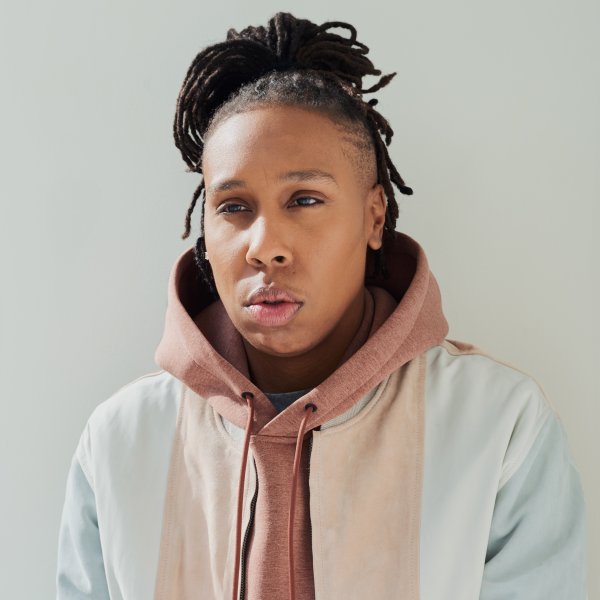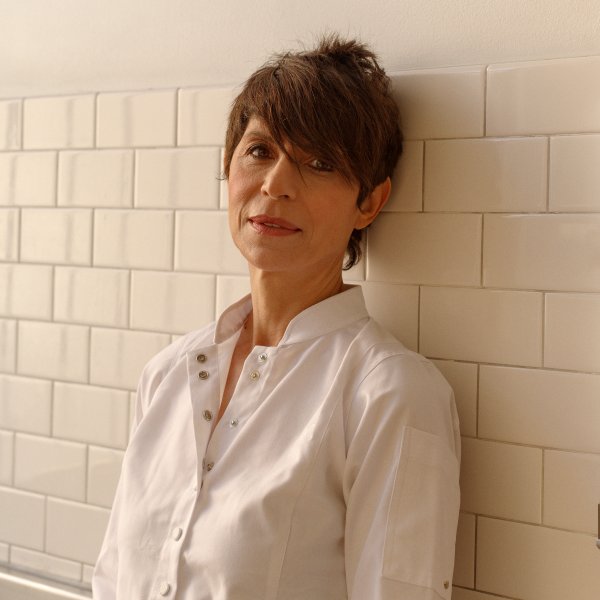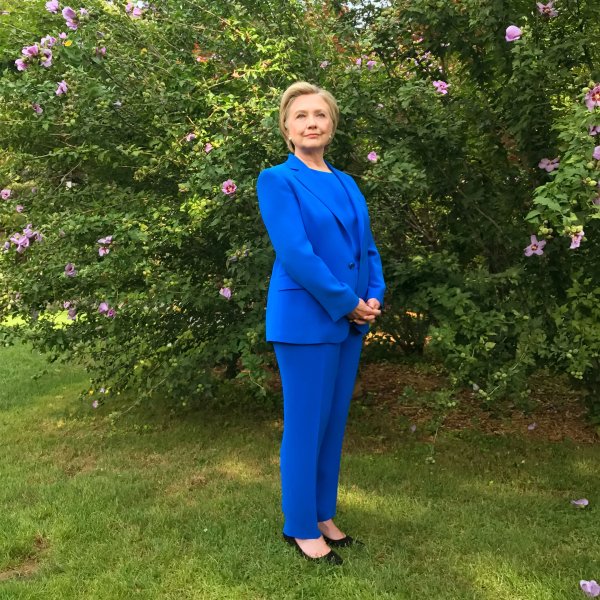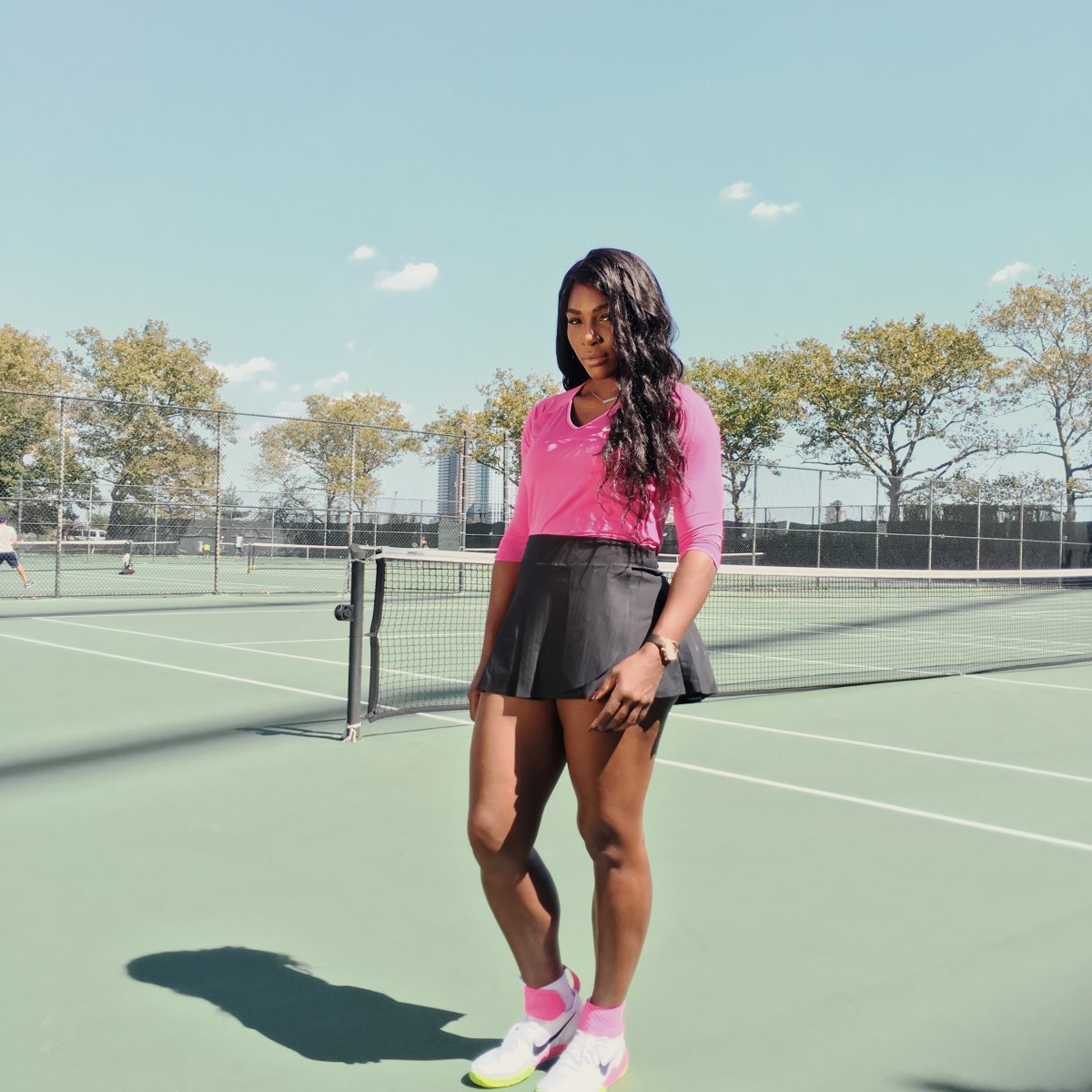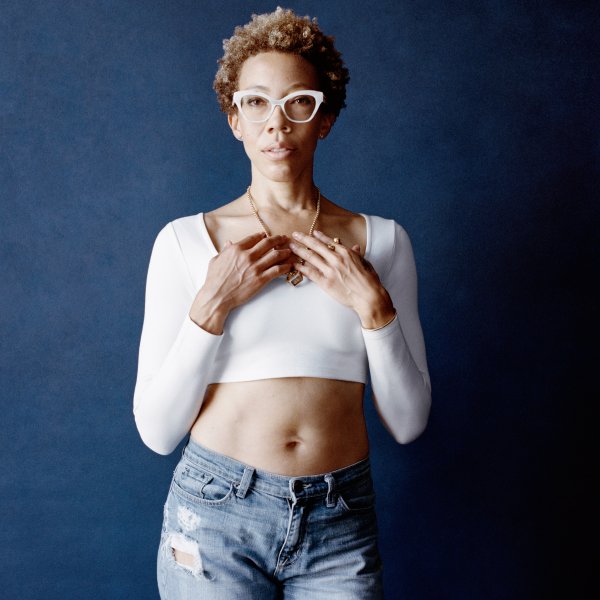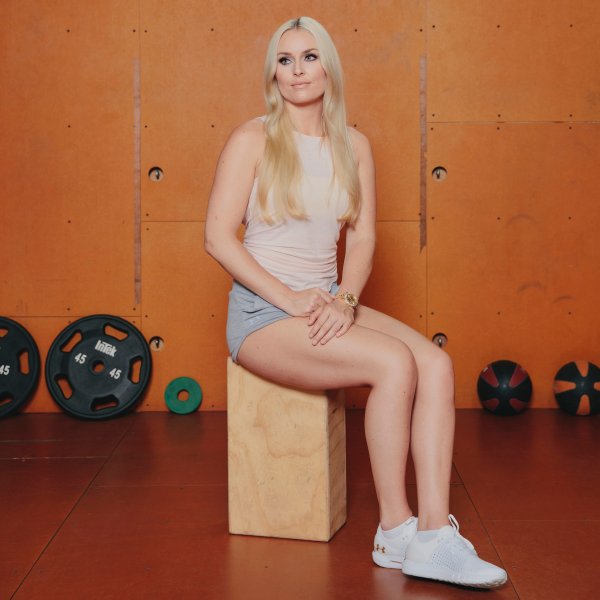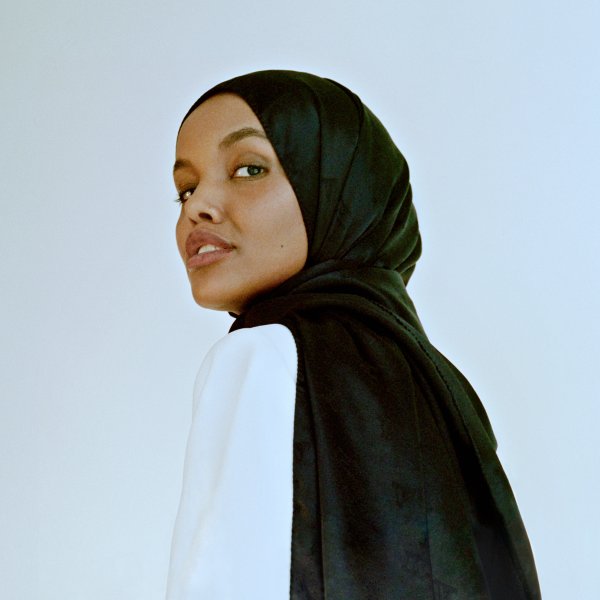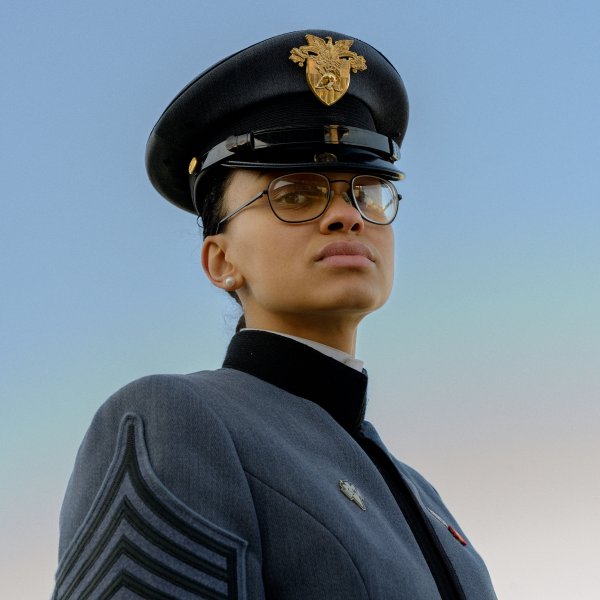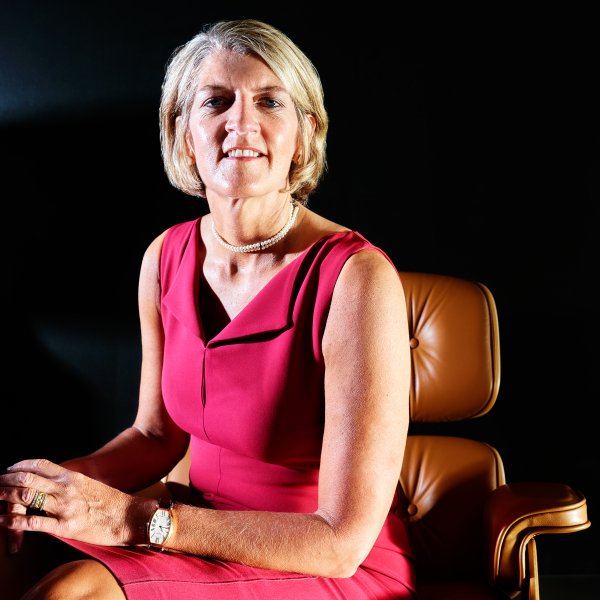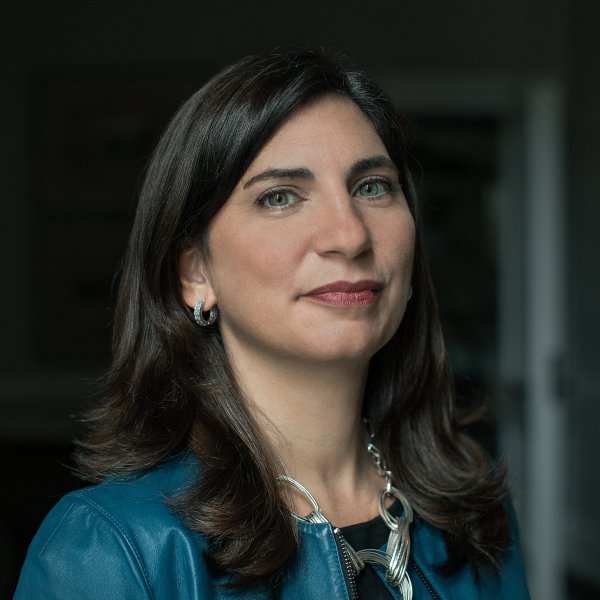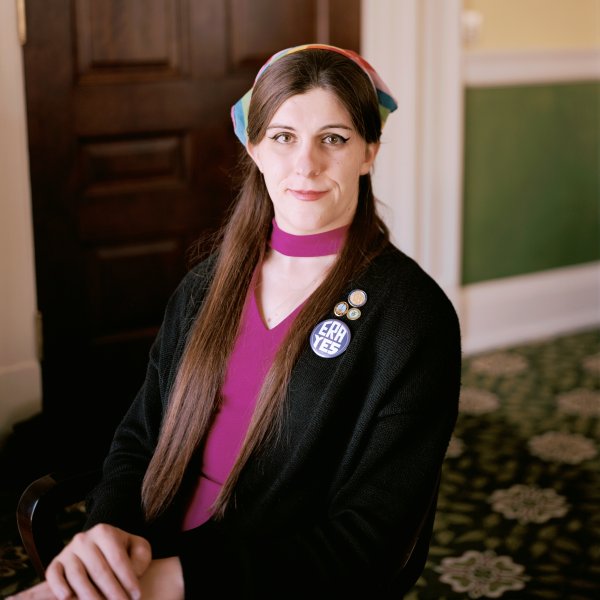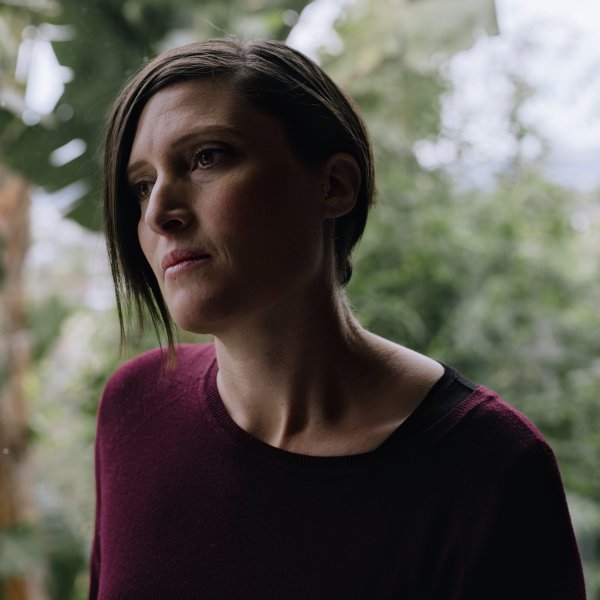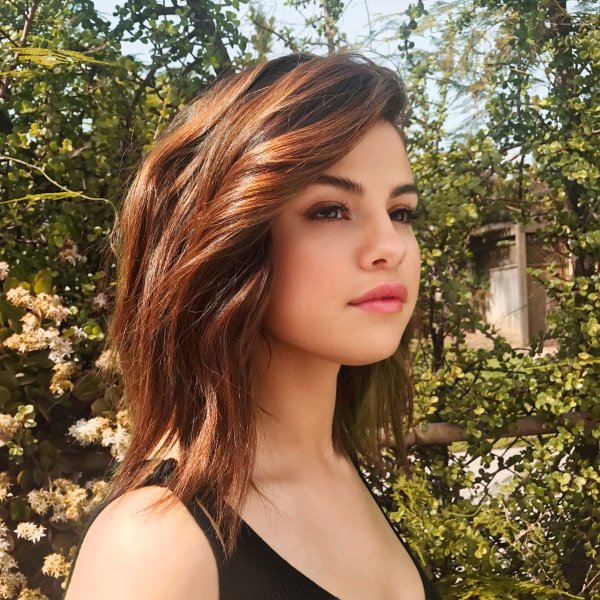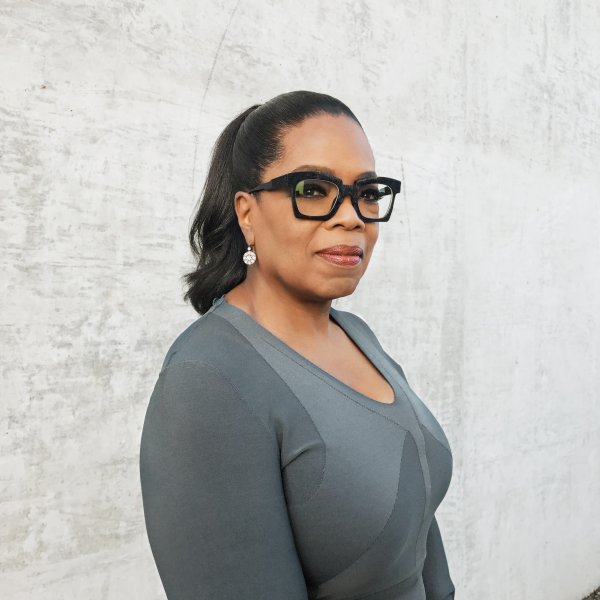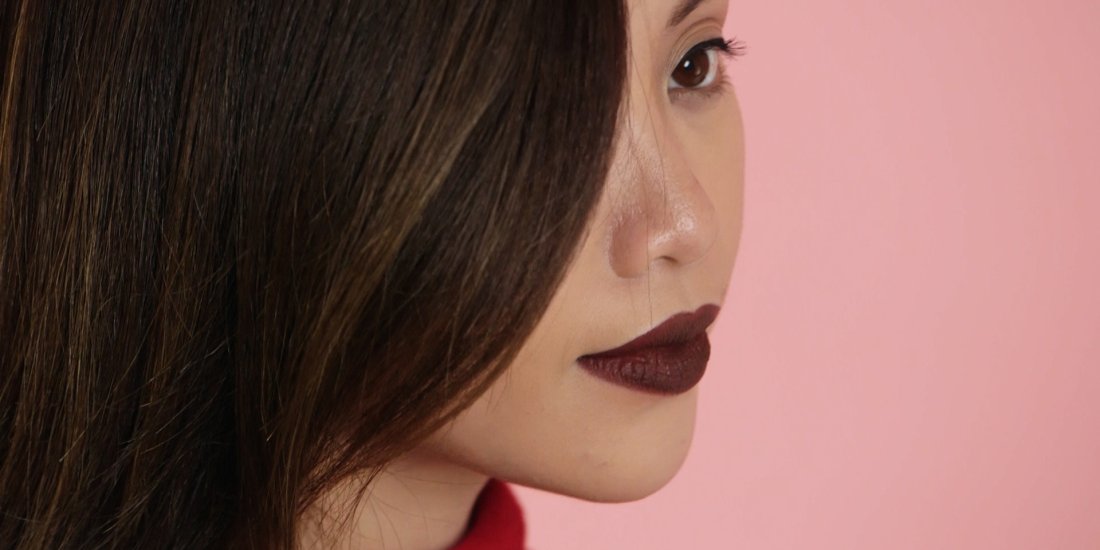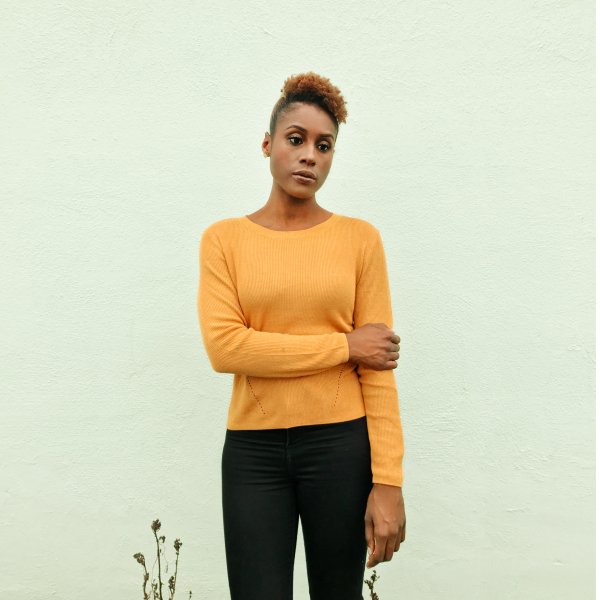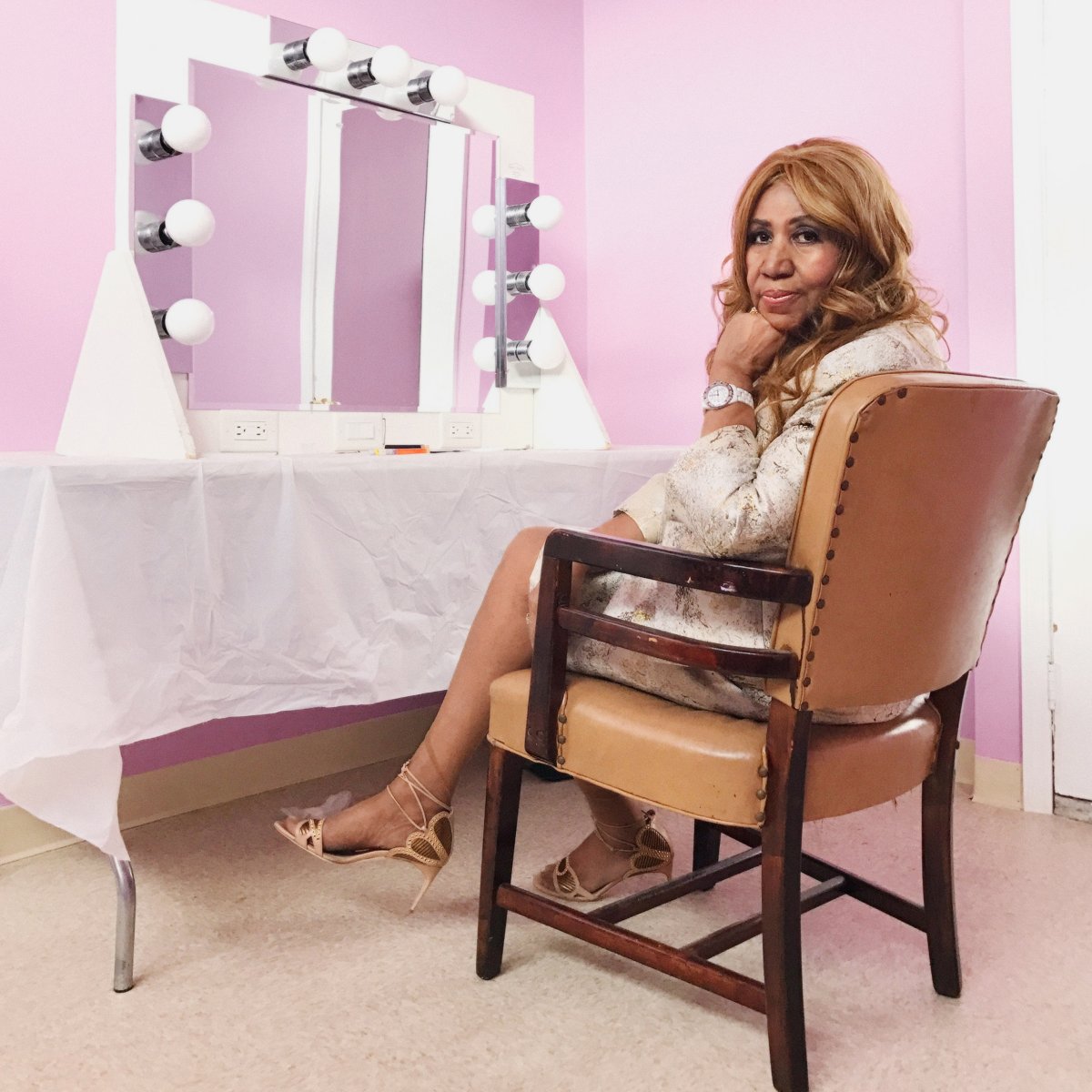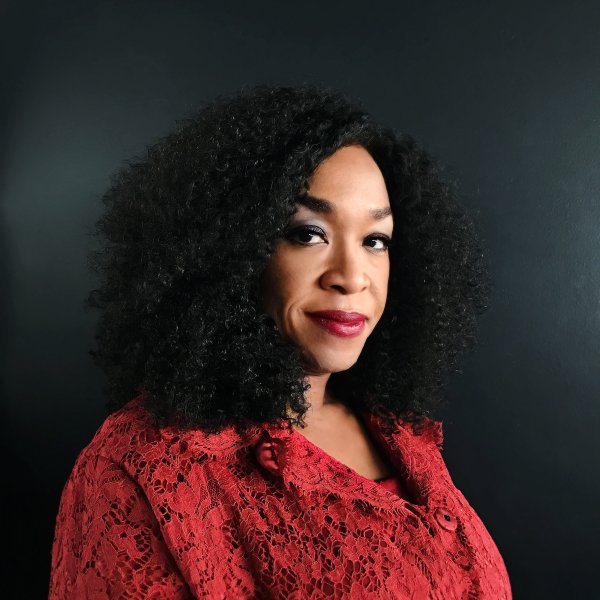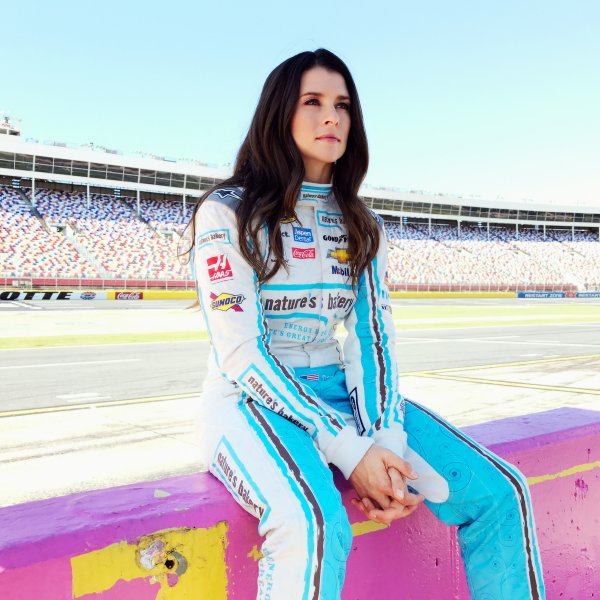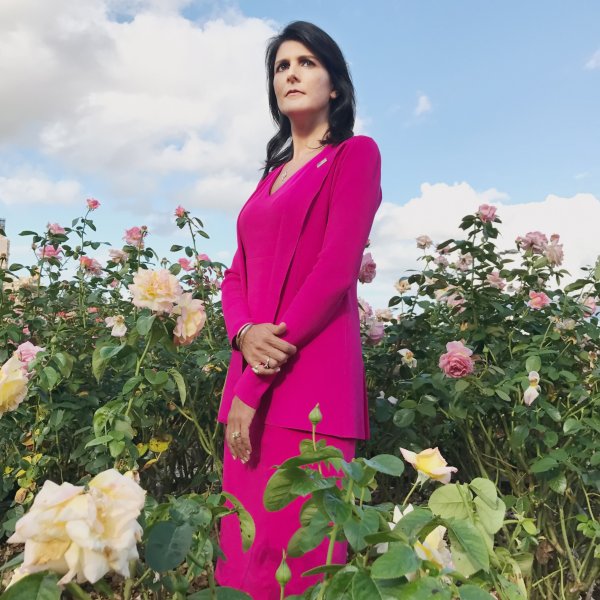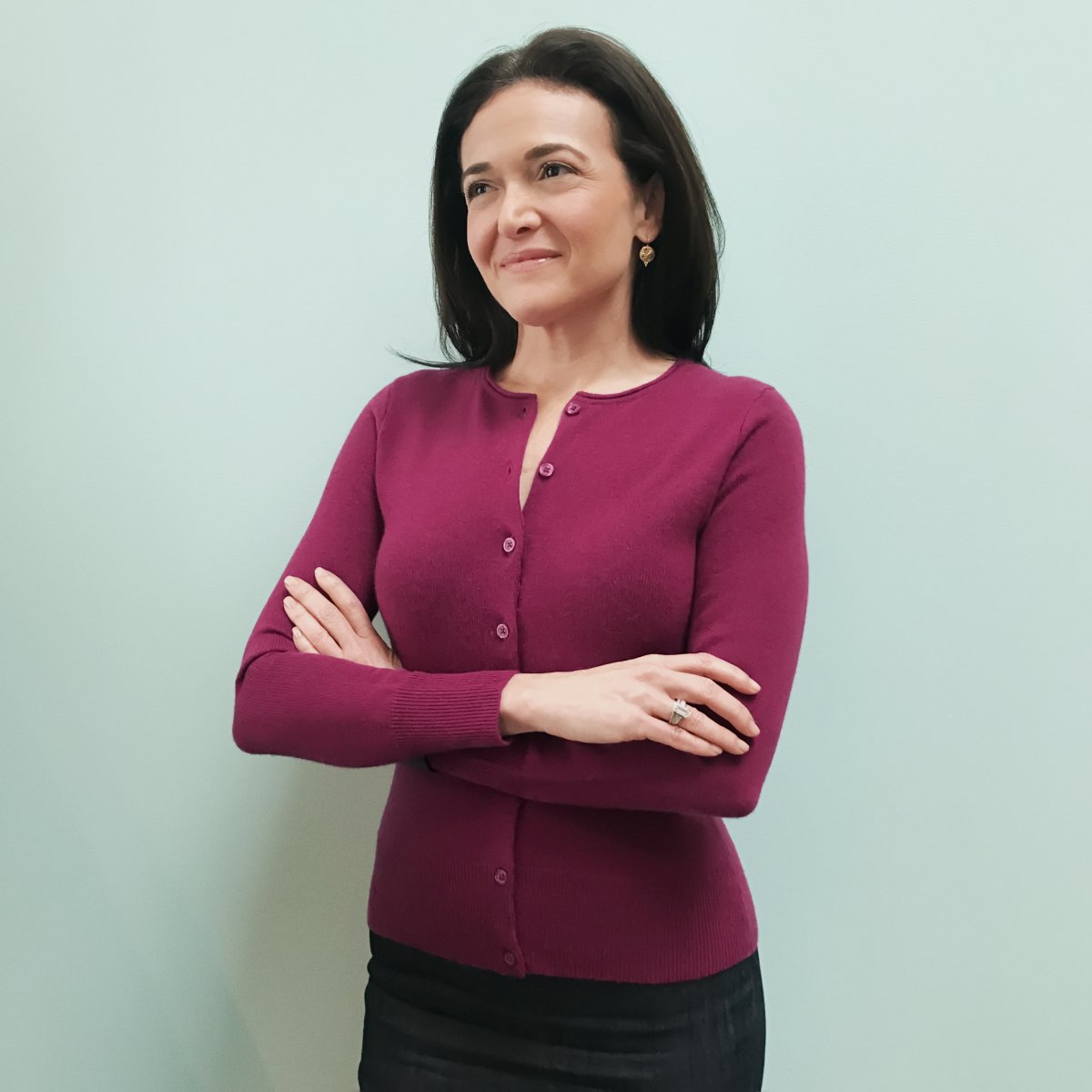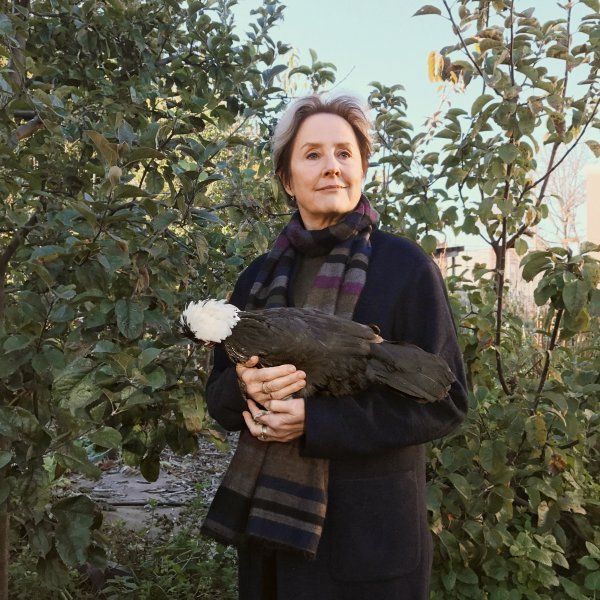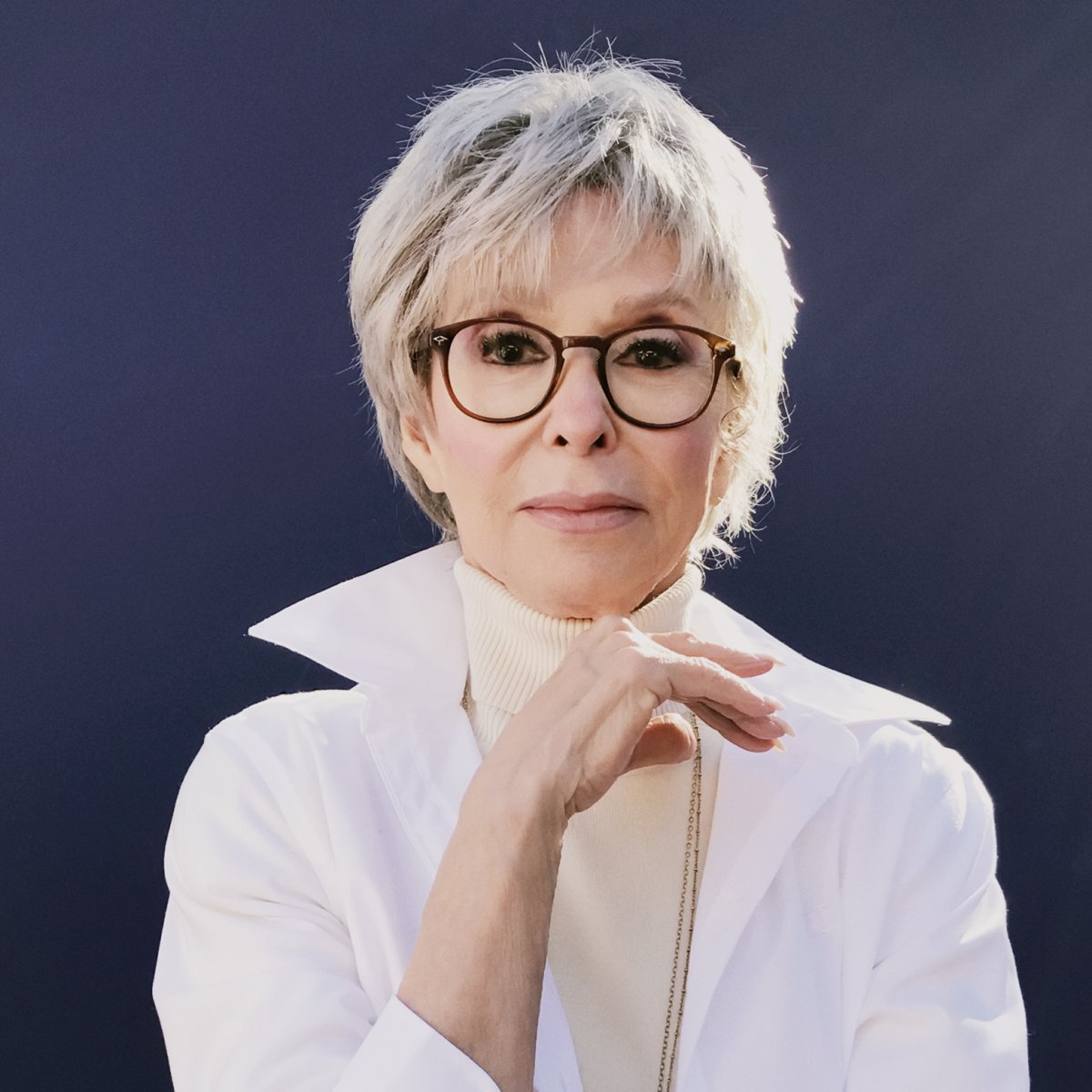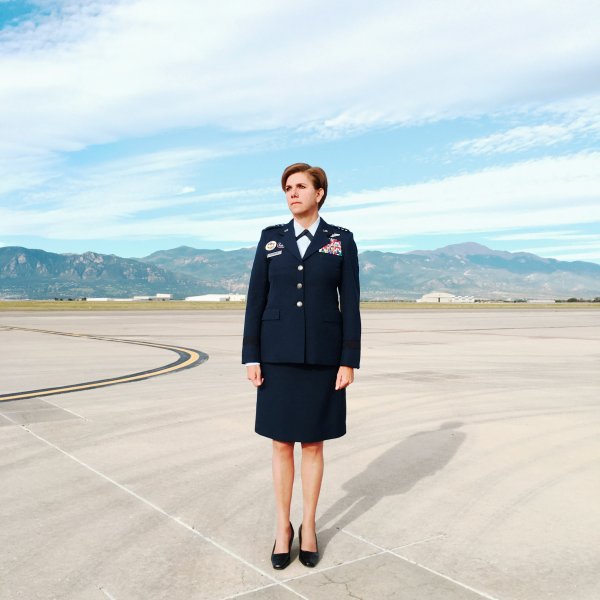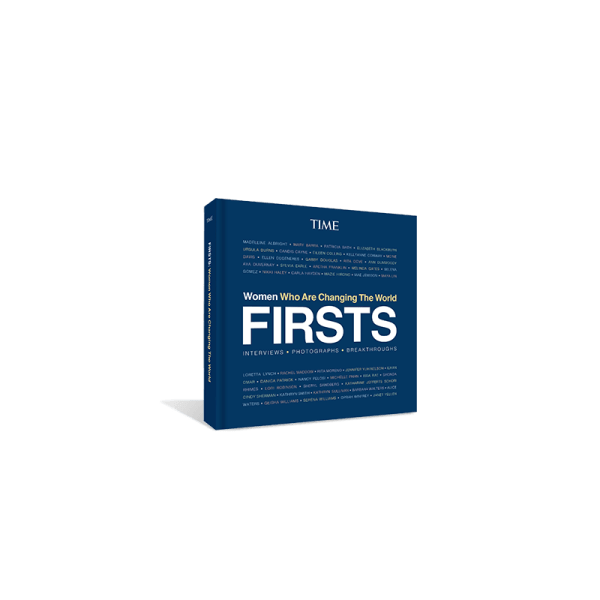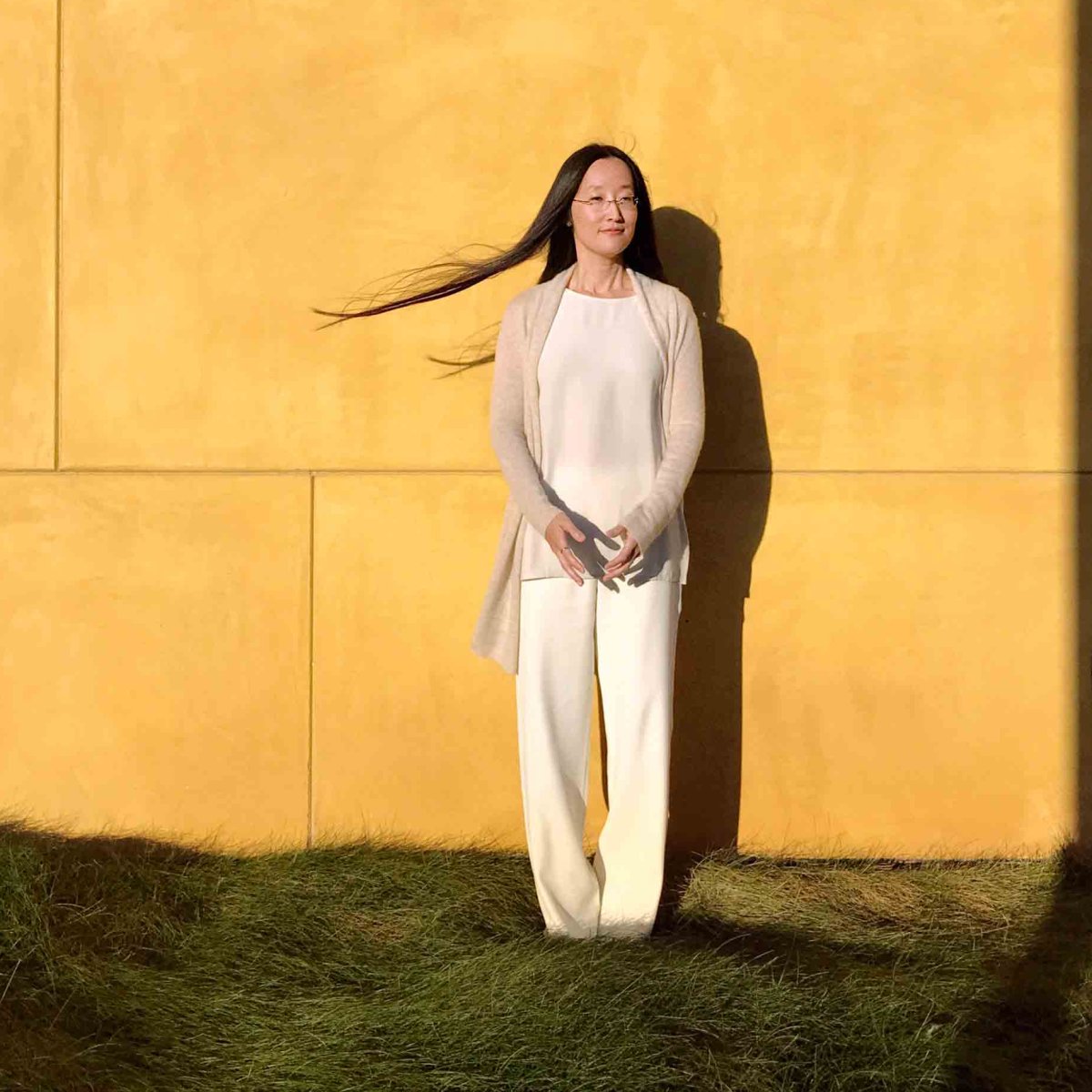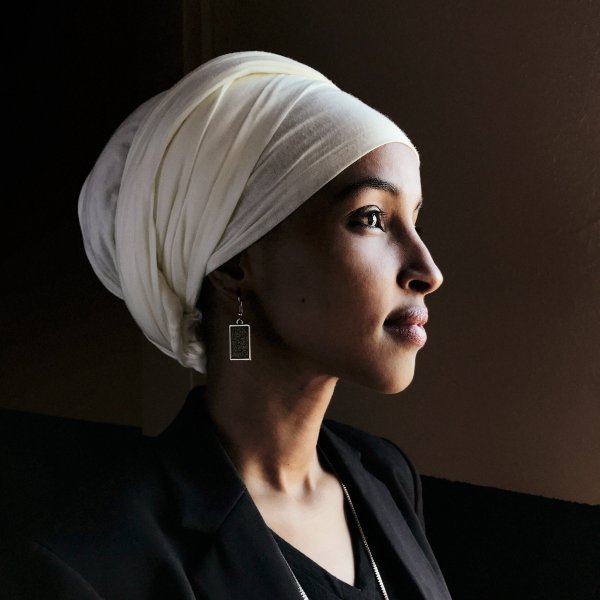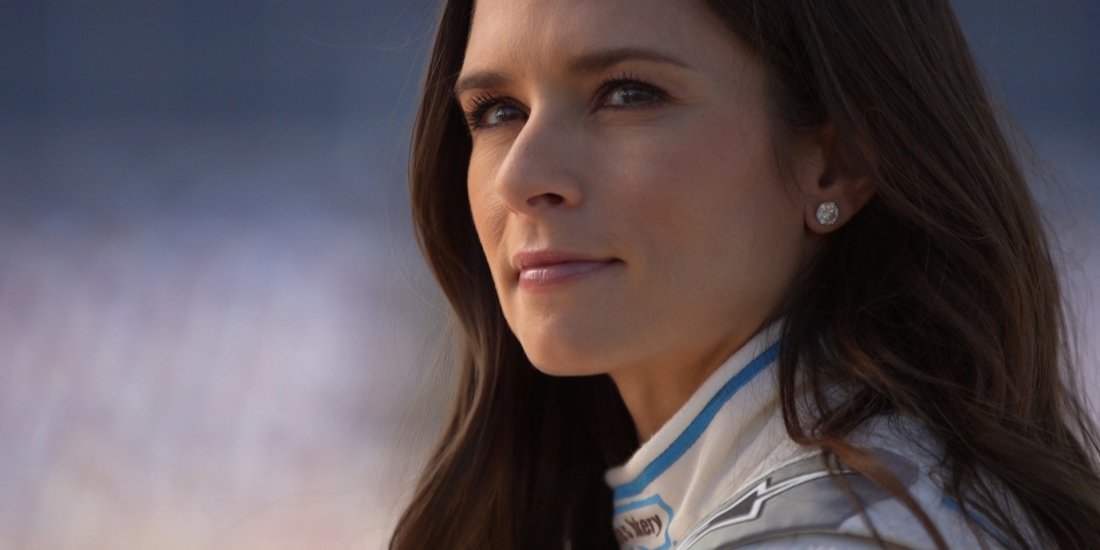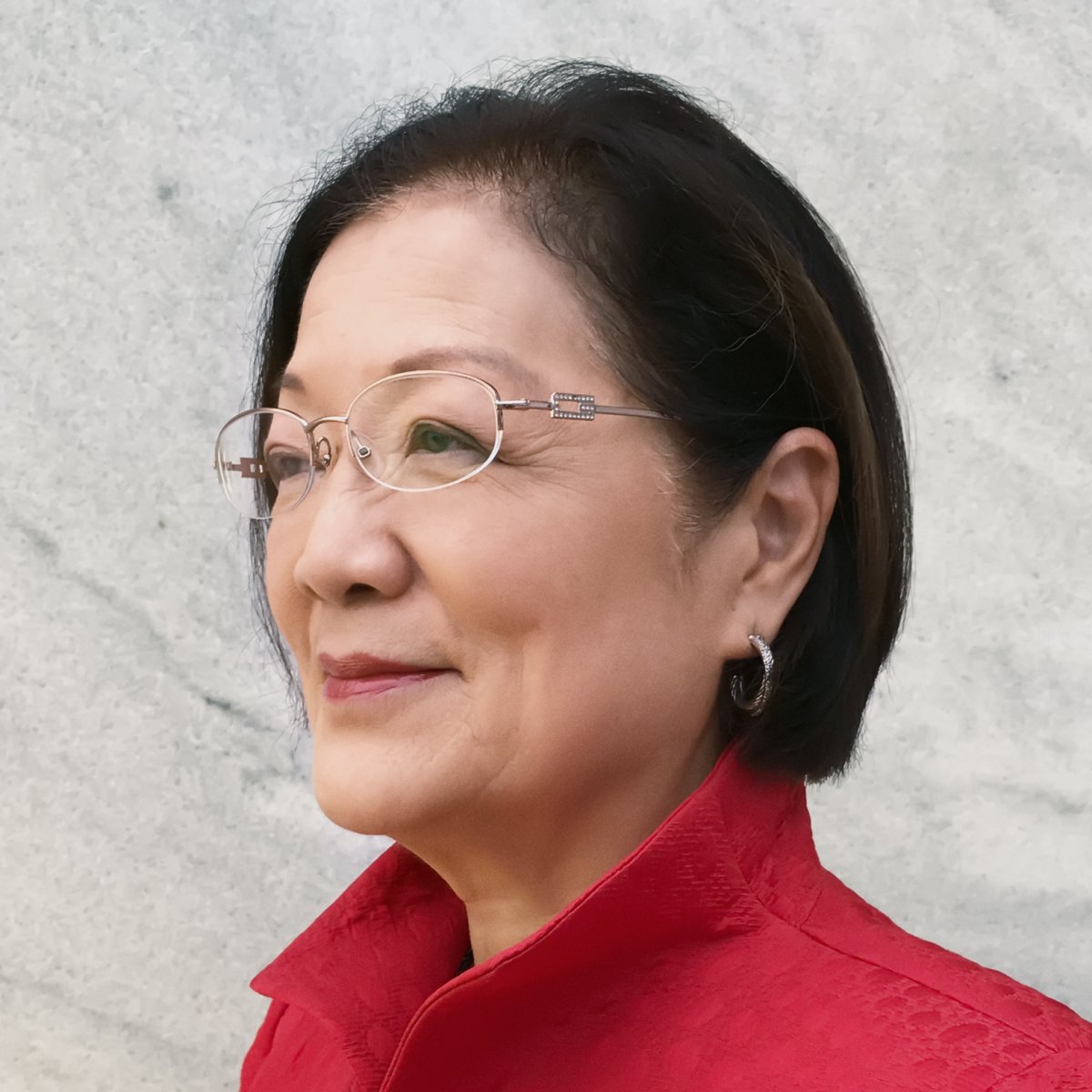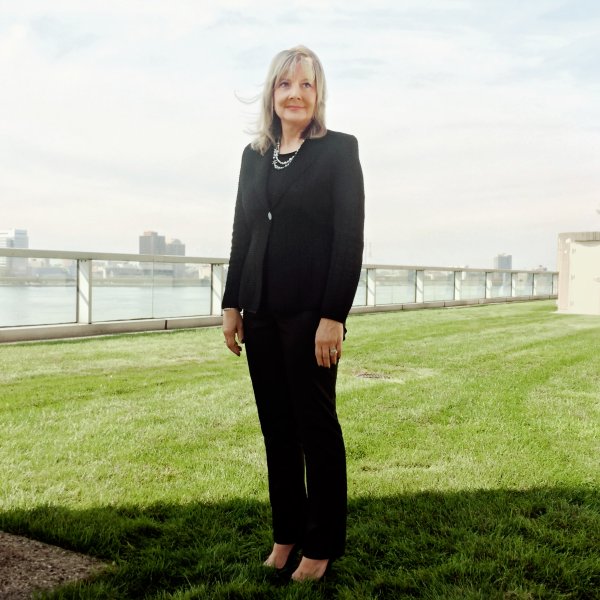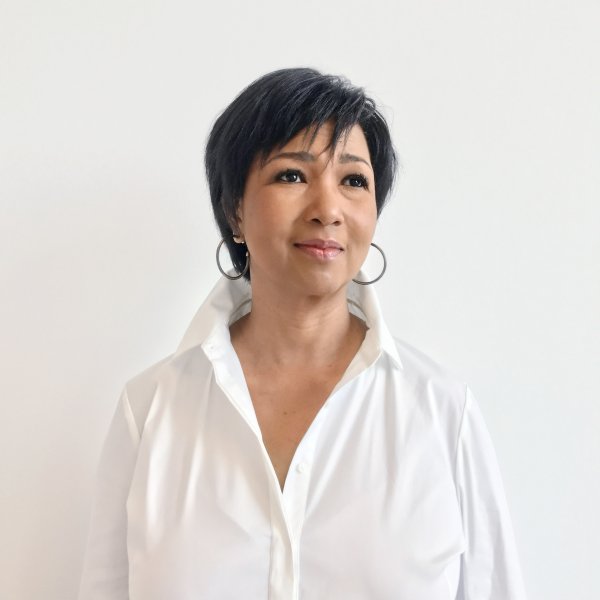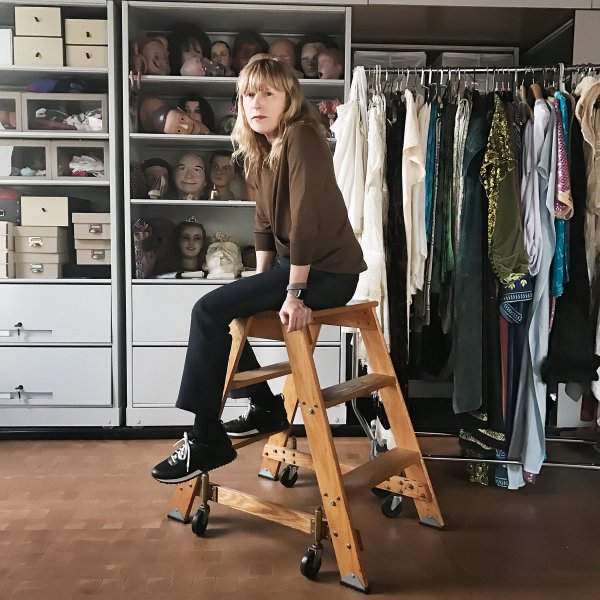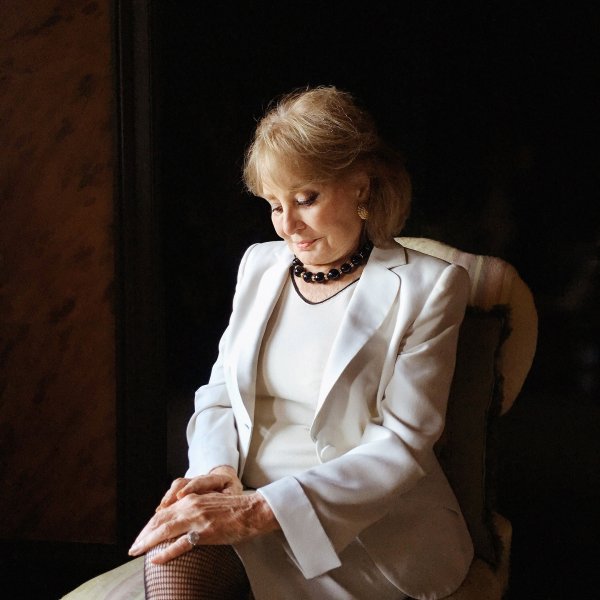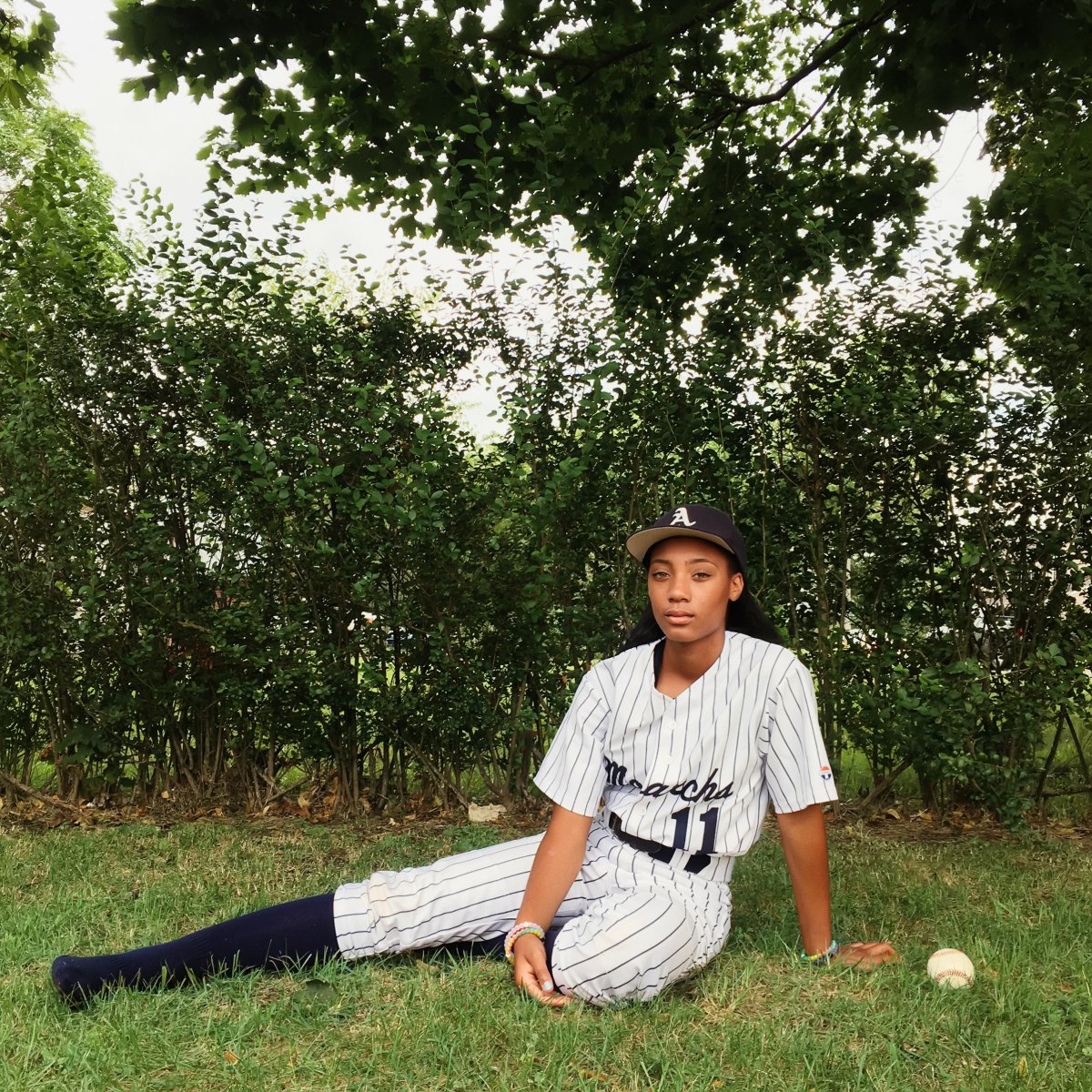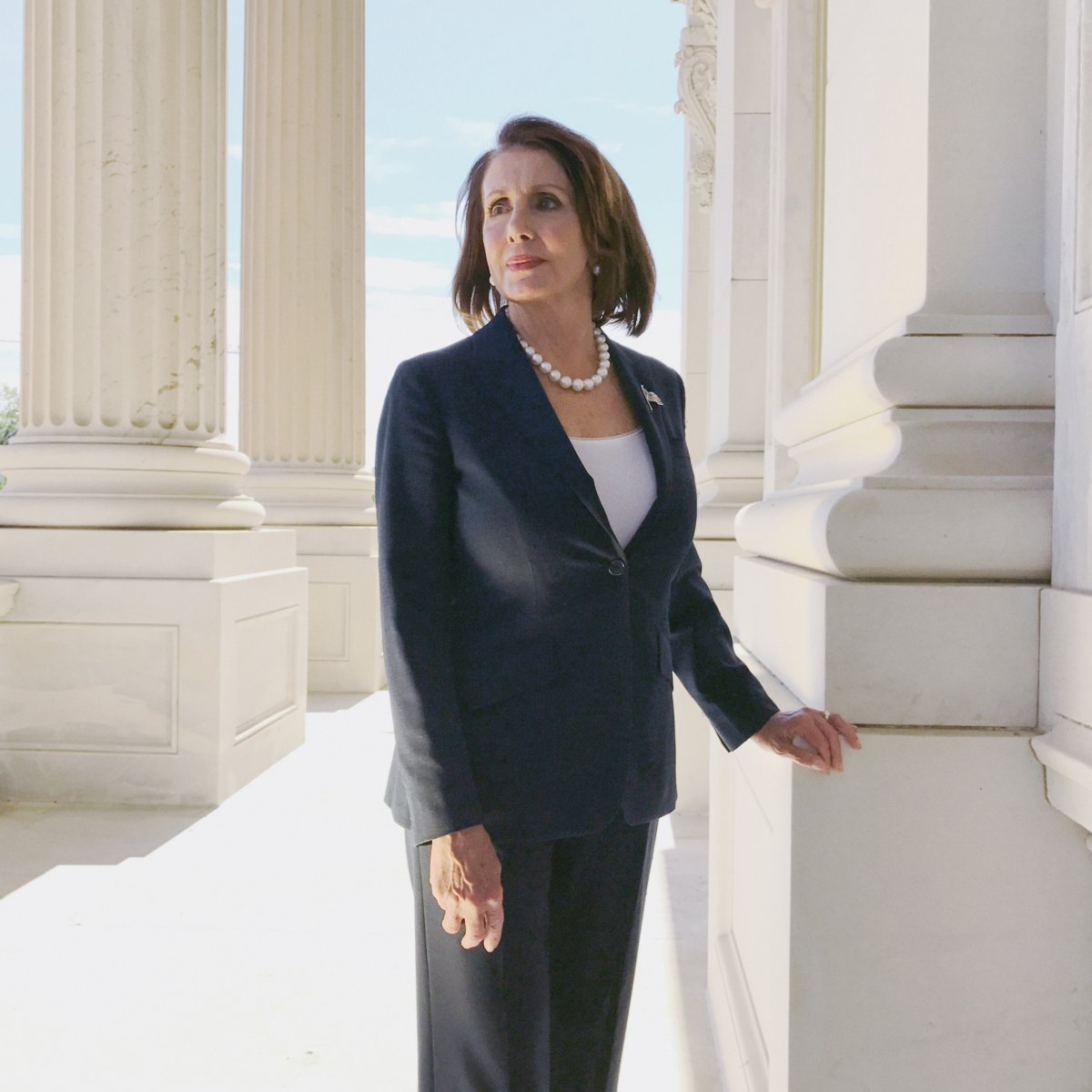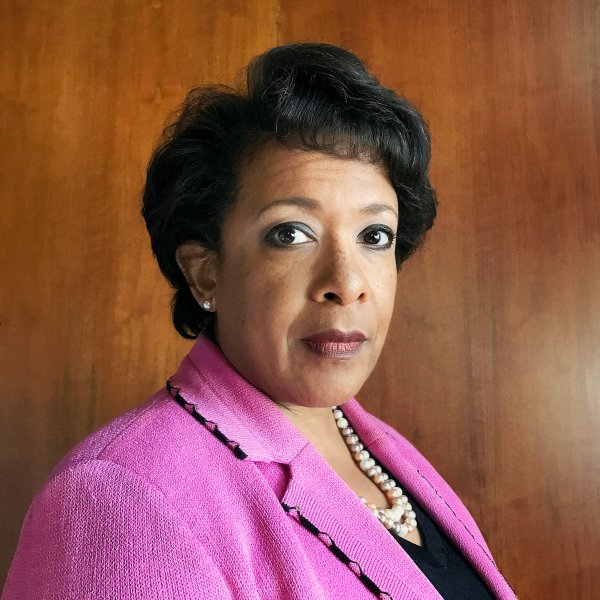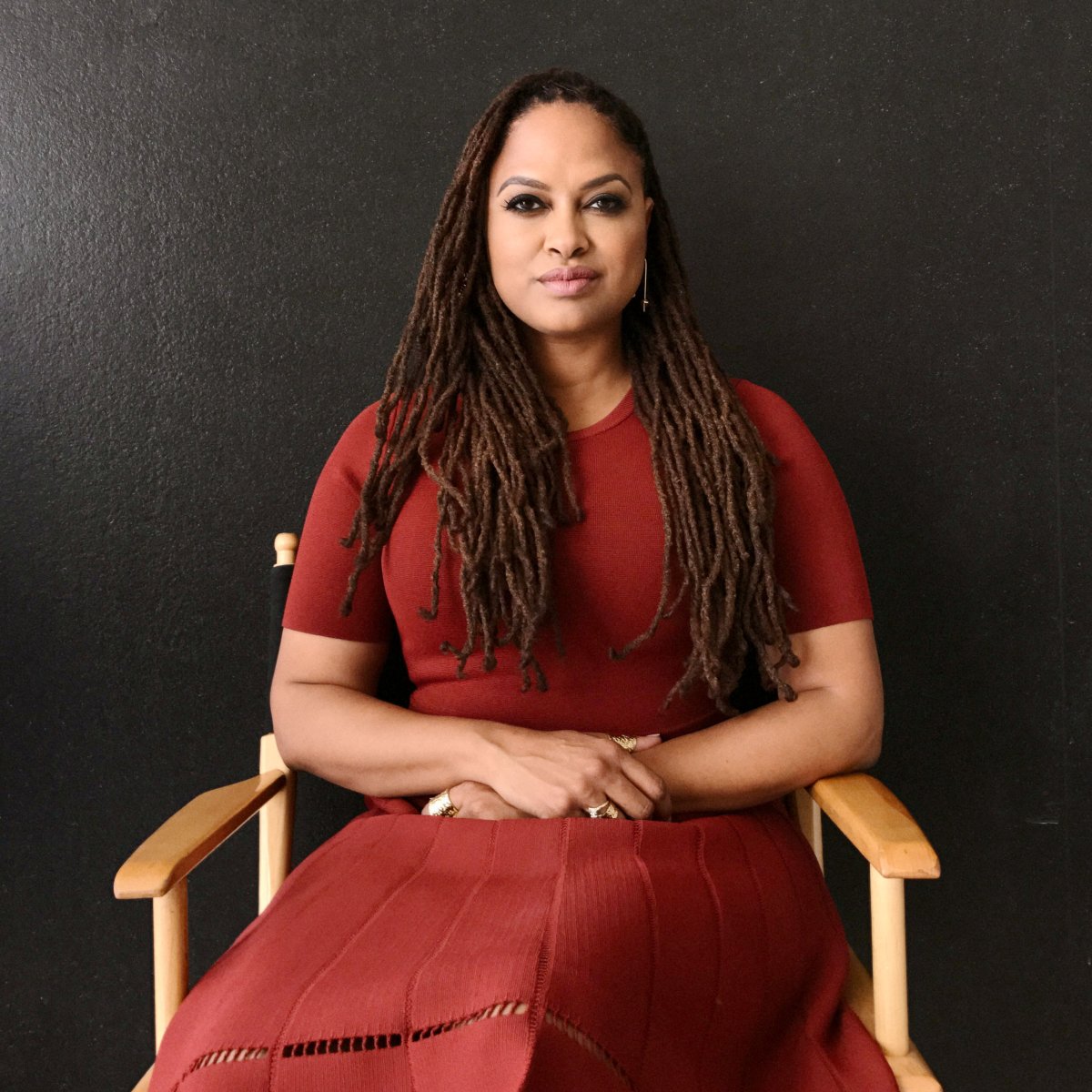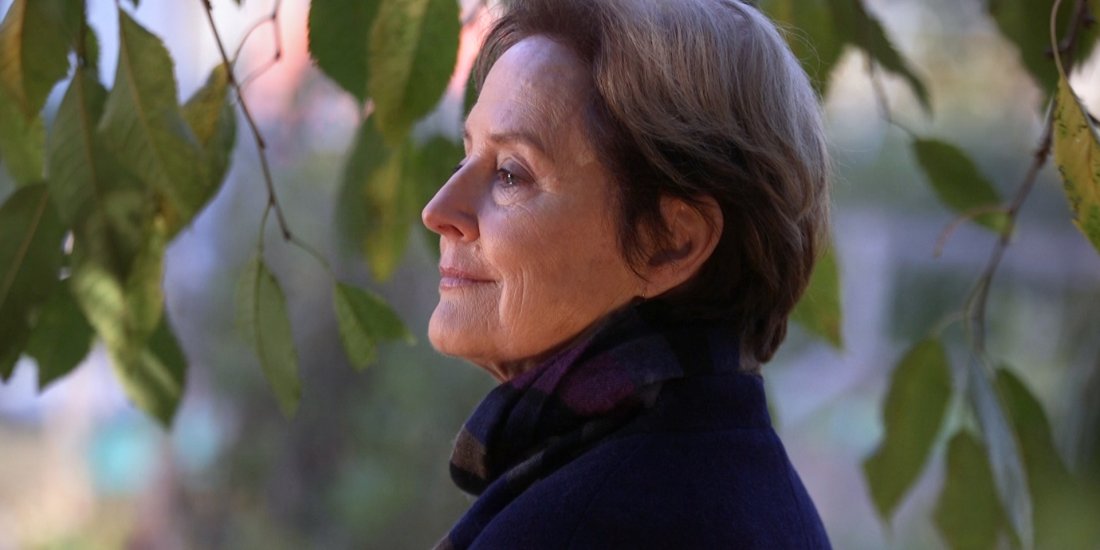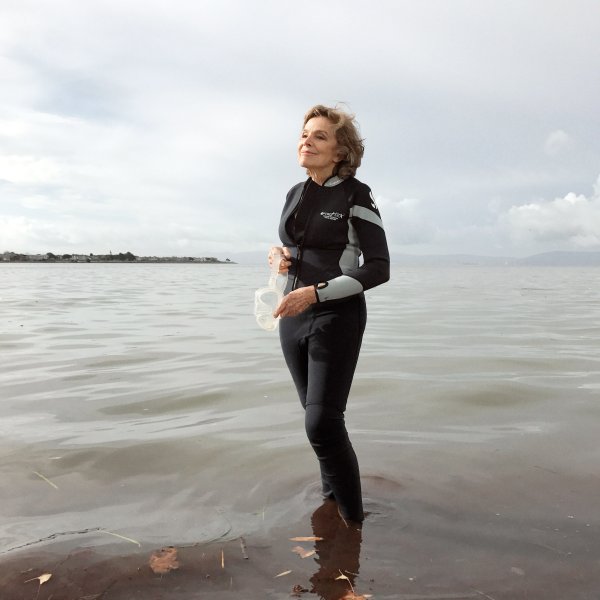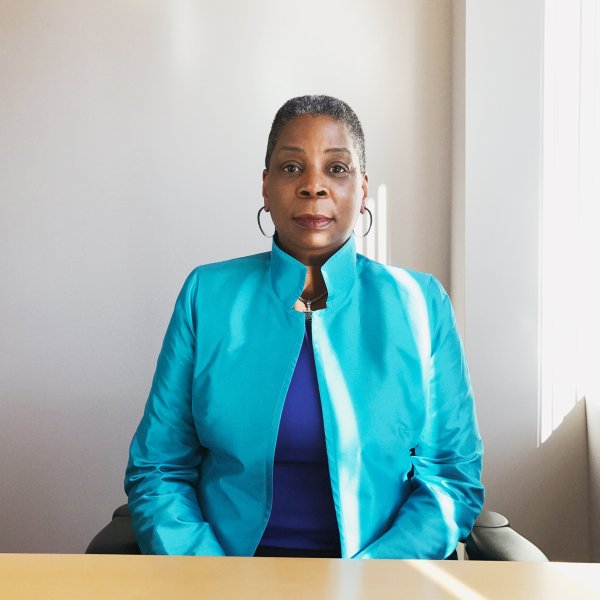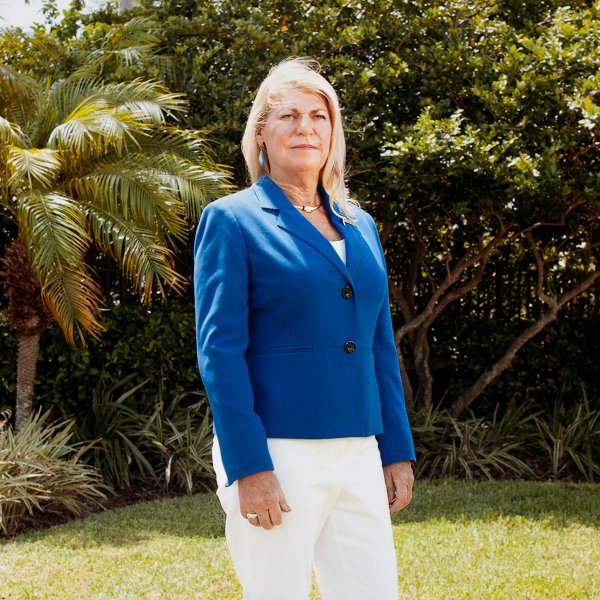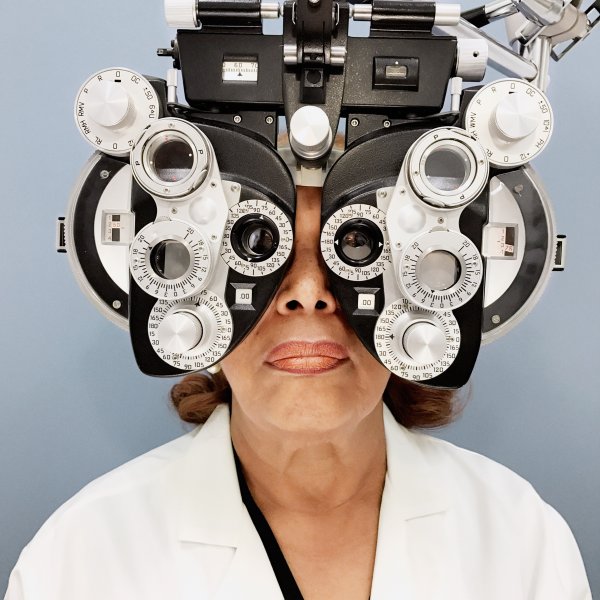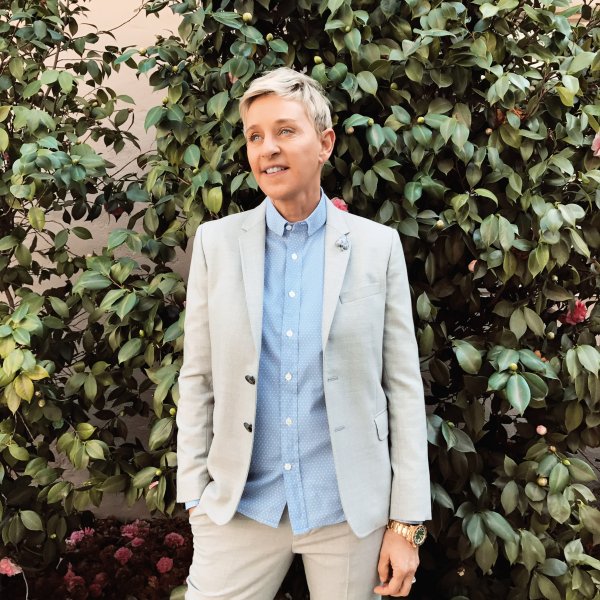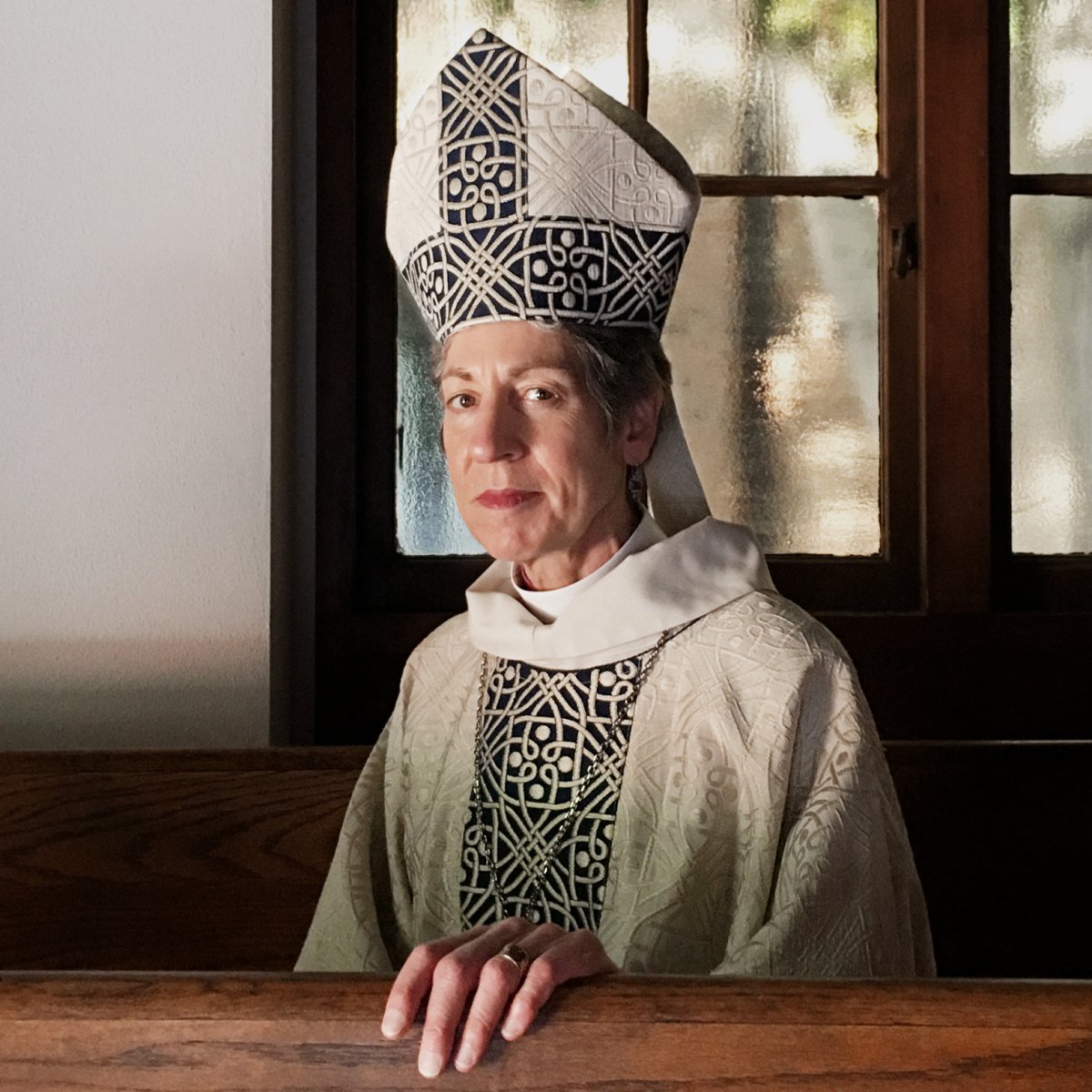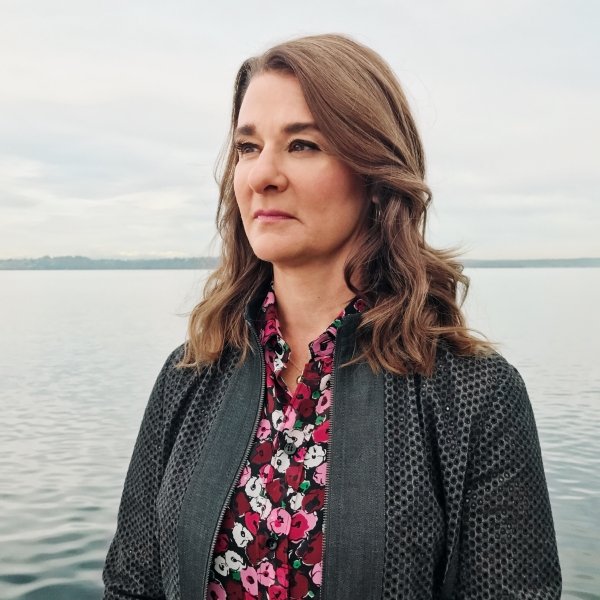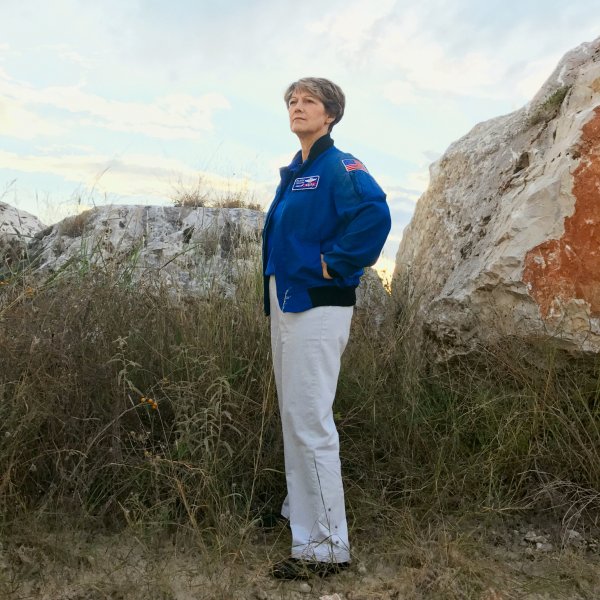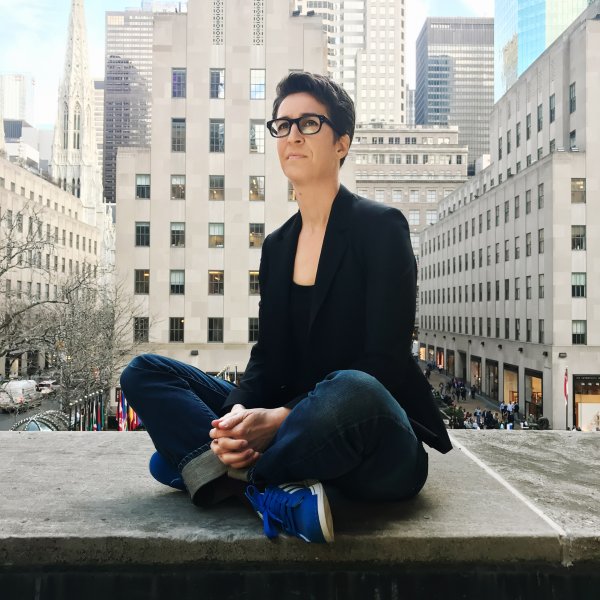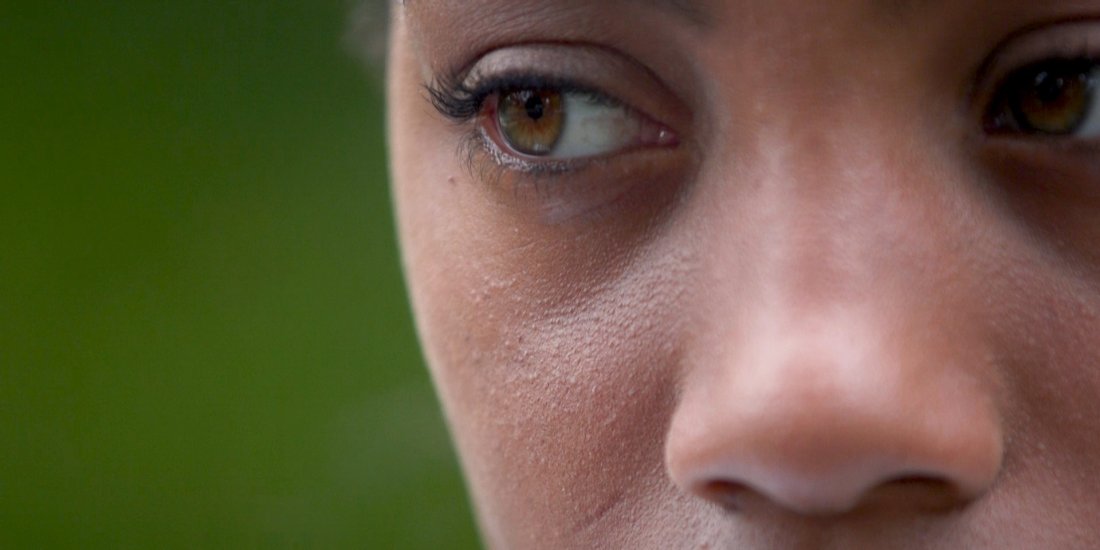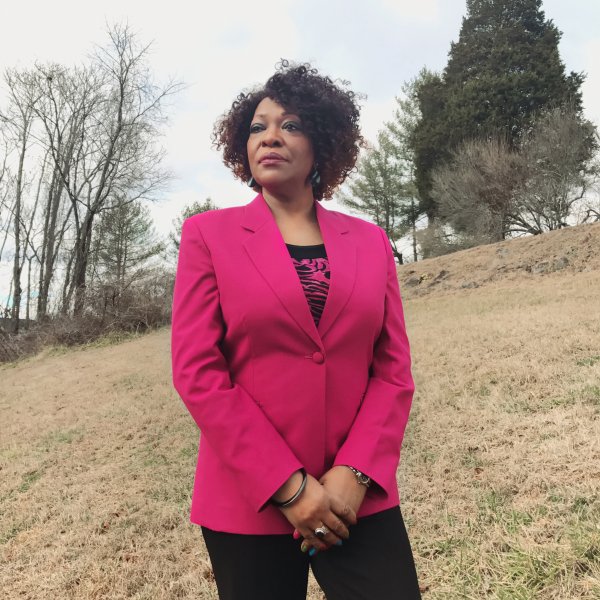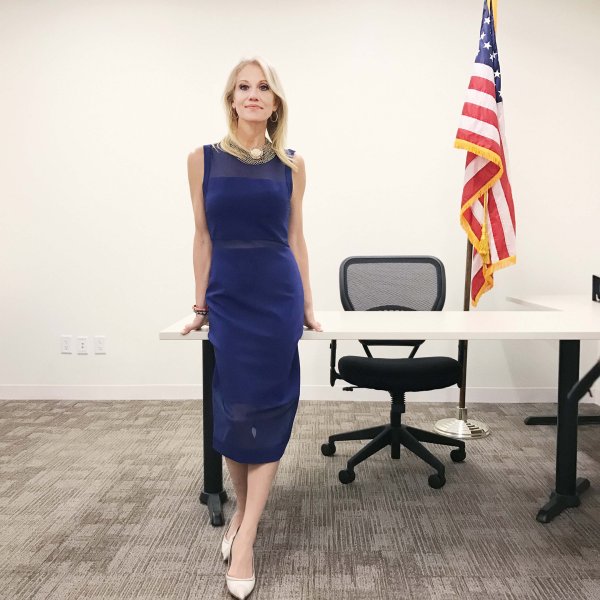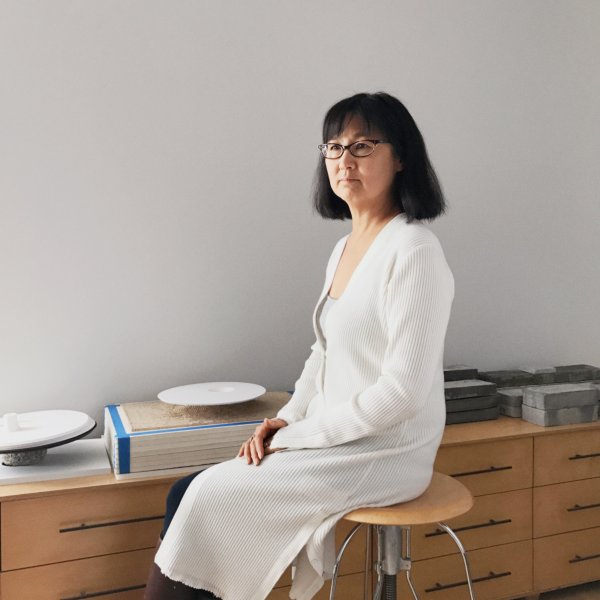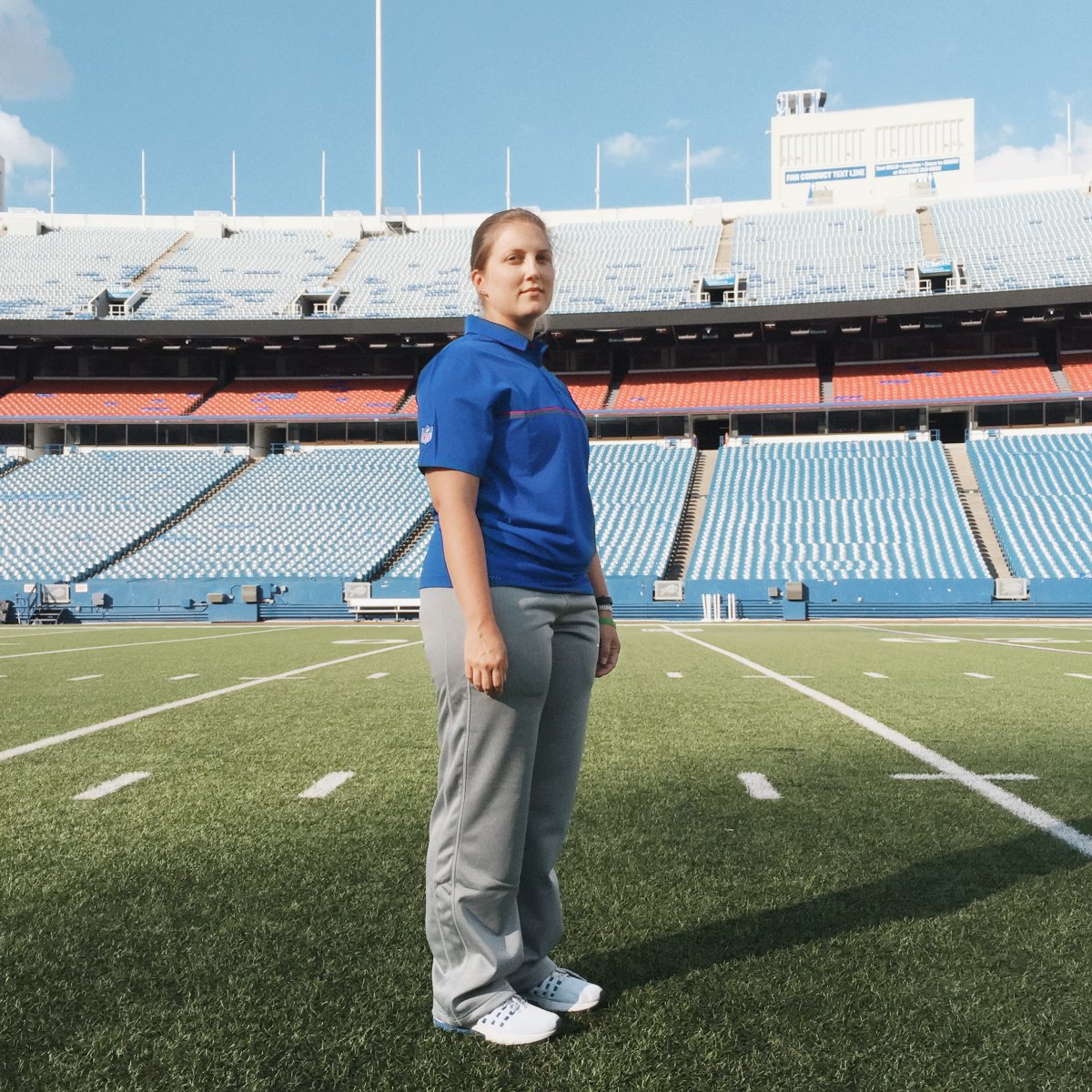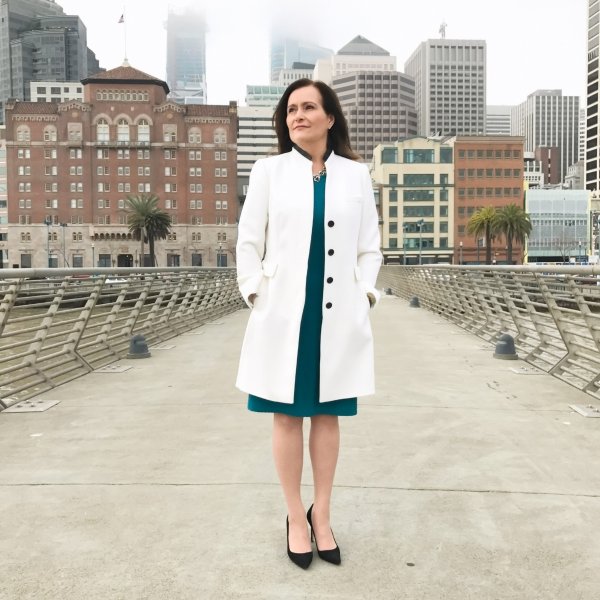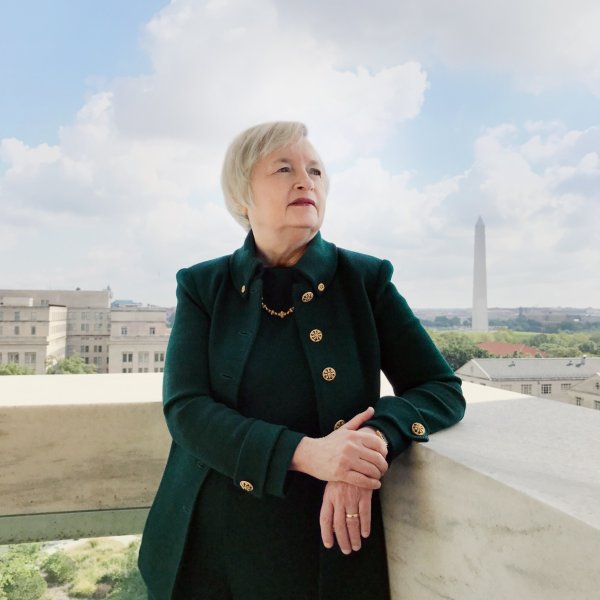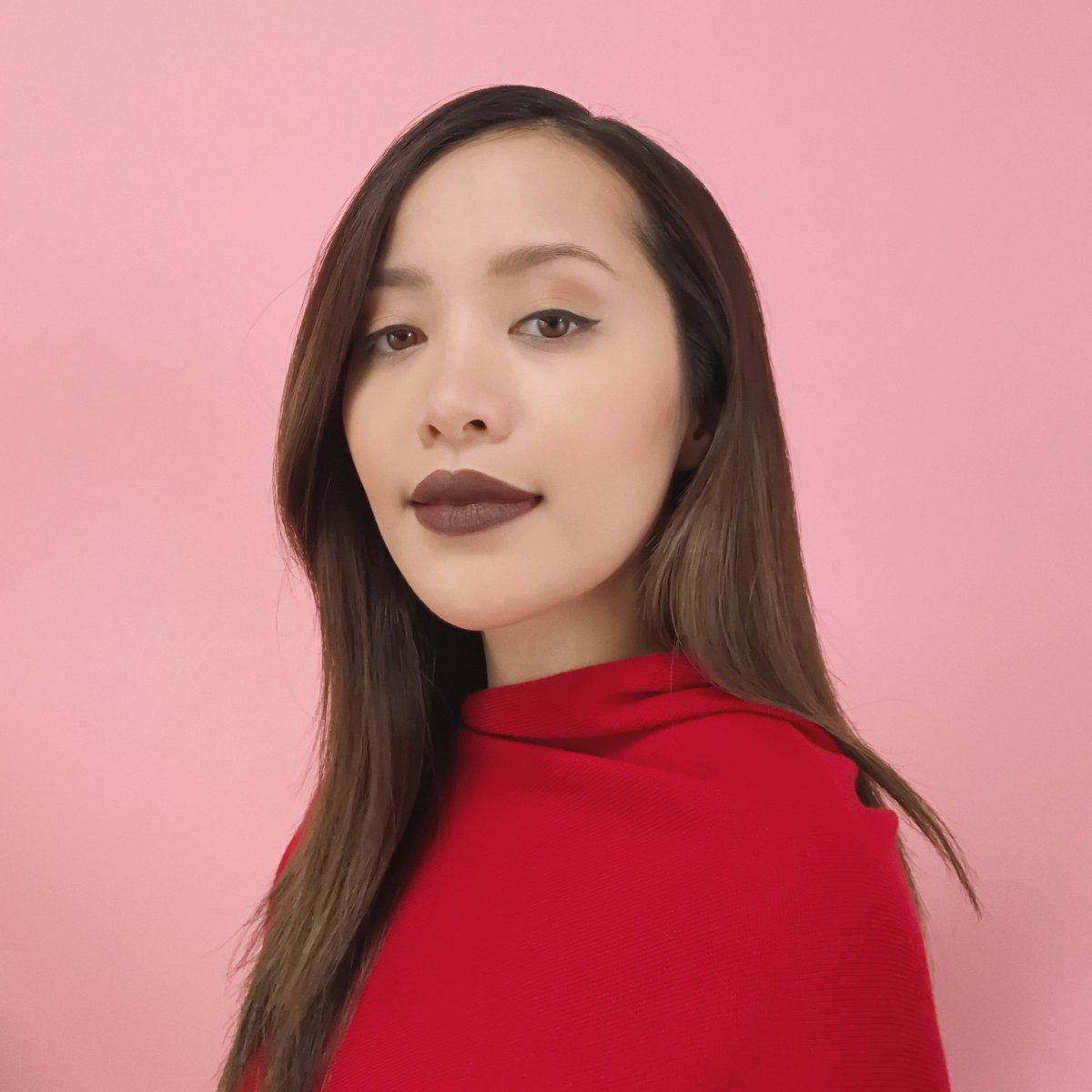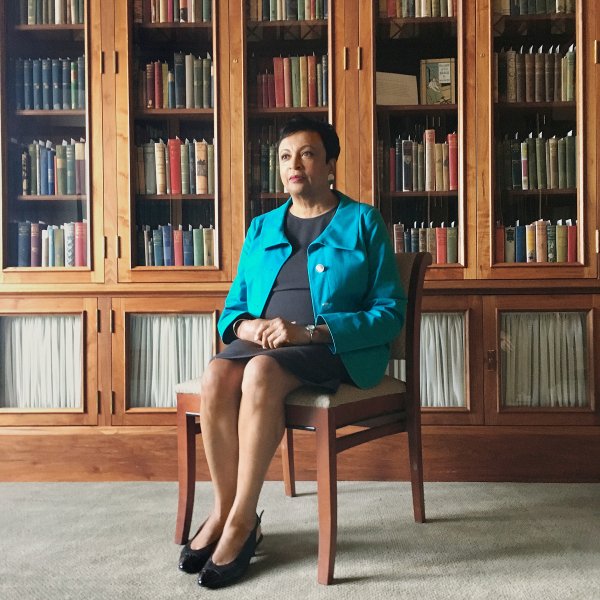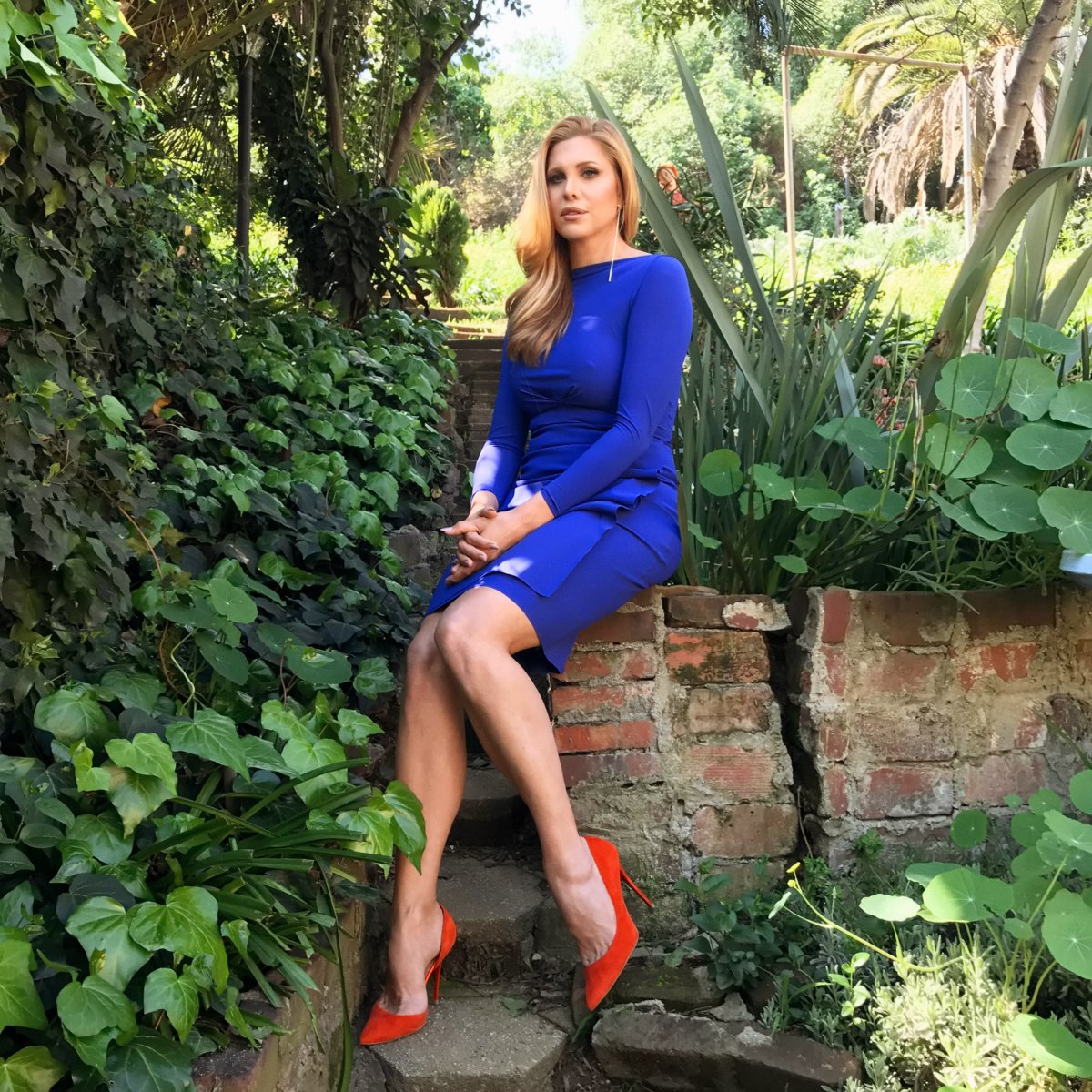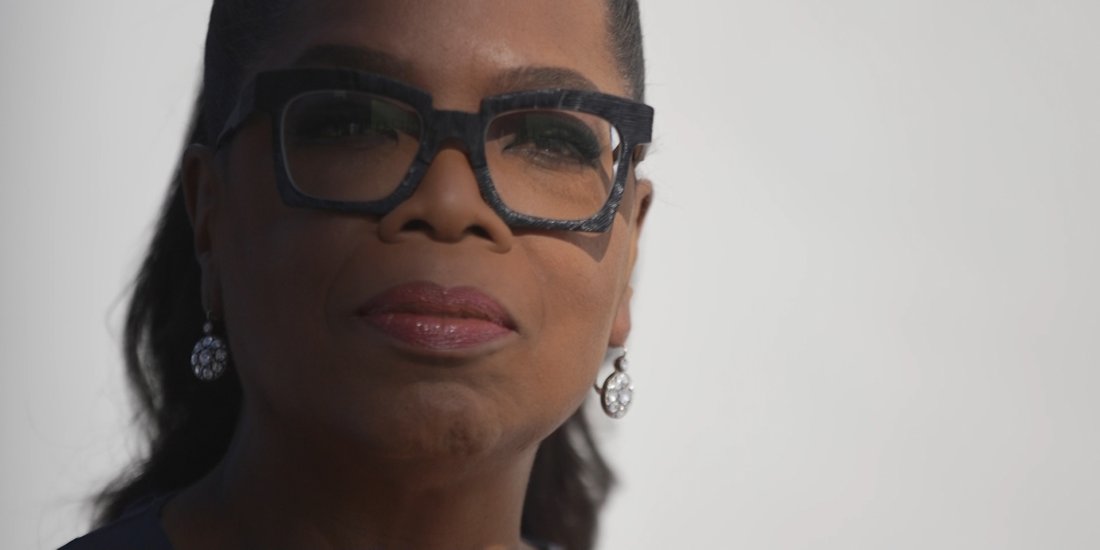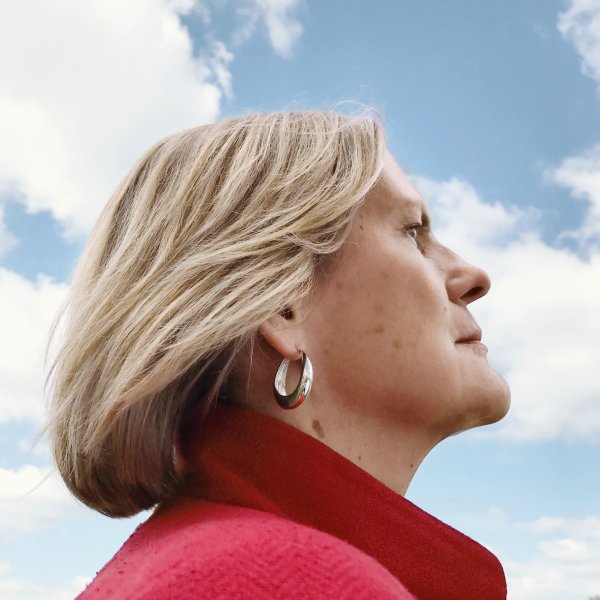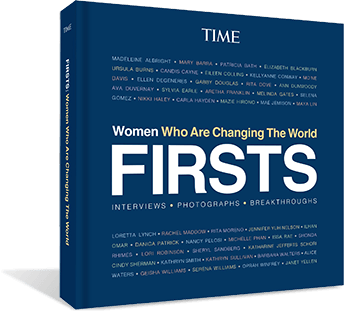The Performer
Candis Cayne
First transgender woman with a major role on prime-time TV
Interview
‘It was like I could breathe for the first time in my life.’
I have always been kind of a showboat. I was never concerned with what other people thought of me, and I learned that from my parents. I would do crazy things when I was little, like fall in love with a pair of lederhosen. I would wear my little outfit every day to school, my socks up to my knees. I just kind of lived in an imaginary Candis world.
I grew up on Maui, where we moved when I was 10. I have a twin brother and two Waldorf-teaching parents who were always loving and supportive. And I’ve always been with a peer because I have a twin.
I’ve had the same mannerisms and acted the same way since I was a kid. My brother is my exact opposite—he was on all the sports teams, very intense and scholastic. He’s just a brilliant person. We’re like night and day. When we were growing up, he played with all his guy friends and rode dirt bikes; I’d be with my best friend Jenny and her Barbie collection, playing out crazy, wondrous, imaginative stories.
I knew right away that I was different from him, and that I was supposed to be more like him. But I didn’t really care.
We have a pair of twin cousins, Teller and Tanya, who are a boy and a girl. My parents brought me and my brother to Sacramento to visit them, and I remember vividly the minute when I thought, I’m supposed to be like her. It was in late summer, when everything is kind of hazy and all the weeds are dry, and we were running through a field. I was having so much fun, and Tanya turned to me and I thought at that moment, What happened? Why wasn’t I born like her?
At that age, you don’t know what it means. There are no words for it, so you just kind of go on. But because my parents were so open and let me play with what I wanted and do what I wanted to do, I just was who I was.
I came out first, because I thought I was gay. As we all know now, gender and sexuality are completely different. But because I didn’t really know what trans was, I just assumed that I was gay. Five or six years later, I realized that I was trans. I wrote my parents each a letter and told them separately what I was going through. They booked tickets to New York City, where I was at the time, to make sure I was O.K. Their support has grown throughout the years.
Being trans is hard because you have to tell everybody in your life that you’re making this big change. A lot of times what we want to do is close ourselves off, sit in a room, and start the transition that way. It’s a lonely place to be, or it can be if you don’t open yourself up and tell the people you love what’s happening to you.
I remember deciding that what was best for me was to transition. I was kind of depressed and didn’t understand why I was feeling that way. The only time I was really, truly happy was when I was performing. At the time, I lived on 14th Street and 9th Avenue in a teeny little room. I was at my makeup desk, I had two candles lit and they were glowing, and I saw this lilac aura around me. At that moment I realized, The reason I’m unhappy is because I’m not living in the right person. I don’t feel whole. I wanted to grow old as a woman. I couldn’t imagine growing old as a man. It didn’t feel right. When I first started my hormone treatments, it was like I could breathe for the first time in my life. I felt true to myself.
I had known that I wanted to be an actor and a performer and a singer and a dancer and do it all, and the only way that I could do that was to do it onstage in the ’90s in New York City and perform at the local gay bars. And I realized that if I was going to perform and transition, I had to do it onstage. I did that for two reasons. One, because I didn’t want to start closing myself off, as I was saying earlier. And two, I wanted to educate the gay community. There were a few girls who were trans women, but not a lot. They were very segregated. I felt like we all needed to be one community. I would go to auditions and say, “I’m trans,” and they’d say, “Oh, that’s an interesting twist to the character.” I tried to pitch myself, even though nobody really wanted to talk about it. I realized early on that I wasn’t going to be able to change people’s minds with facts and statistics and anger and yelling. I knew that one of my gifts was my charisma and being able to talk to people and be relatable. And I knew that once I got into a room with people who didn’t quite understand who or what I was, they would embrace me because of my way of looking people in the face and saying, “This is what I need.” I also knew that the more I did film and television and news shows and magazines, then my image, what I had to say and my kind of relatability, would be out there for the “normal” public to see.
Then I got a call from Patricia Field and she said, “I’m doing a pilot for this new television show, and I think you’d be great for the role.” So I went and auditioned for Dirty Sexy Money. I had my Meryl Streep moment. And they took a chance on me. I’m sure they went to the network and had a back-and-forth, like, “Do we hire yet another cis woman to play this trans role? Do we hire a drag queen or a man to play this?” This was 10 years ago. It’s a lot easier for Middle America to understand and to grasp now.
It was really the first time that a trans woman played a trans role for a recurring character—and the character had heart, she was an actual character that you could develop. Halfway through my first season, I went to an awards show, and they played a clip of me and Donald Sutherland doing a scene together. The whole room stood up and applauded. And I realized at that moment that this wasn’t just about me wanting to be an actress; this was about moving the fabric of society forward.
Cayne, who started her career dancing in New York City, is known for her role on Dirty Sexy Money and her appearances on I Am Cait.
